Strange Facts About American Landmarks
The United States excels at creating landmarks, monuments, and national parks to honor its heroes and political leaders. You have presidents etched out of marble, emblematic bells, and even entire mountainside’s with prominent figures carved into them.
However, just because the most prominent monuments have elaborate materials and a decent appearance doesn’t mean they don’t have any deeply hidden secrets.
Here’s what your history teachers never made you aware of regarding many of the United States’ most popular landmarks and national parks. Use them to show off your knowledge to history buff colleagues or impress your family with your new facts on your next U.S. road trip. Some of these secrets may truly surprise you.
1. Niagara Falls Was Once Dried Up, Revealing Mysteries Beneath
Location: Niagara Falls, NY
These fantastic falls, which straddle both the United States and Canada attract millions of tourists annually. However, many people are unaware of the mysteries that lay beneath the breathtakingly beautiful cascading falls and the fact that it can be turned on and off.
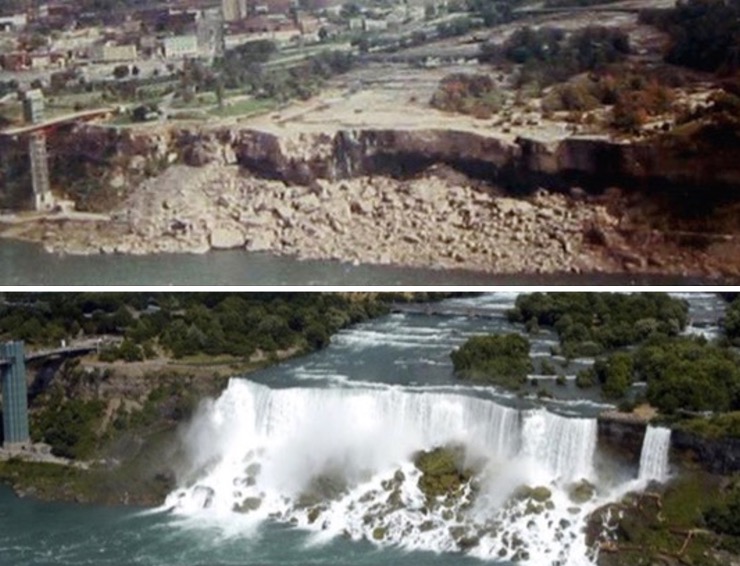
Source: Howlanders/ Buffalo News
In 1969, the Americans who felt that the New York side of the falls was losing its appeal decided to create a massive dam and temporarily dried it. This led to the discovery of thousands of coins to the delight of collectors. Unfortunately, it also revealed the bodies of a male and female. In fact, officials report that approximately 40 people jump or fall to their death in the river annually…wow!!
2. Get Lost in "The Wave"
Location: Paria Canyon-Vermilion Cliffs Wilderness, Utah
There really are no established pathways that proceed to The Wave, despite popular opinion. Coyote Buttes is a rugged trail that trained, and experienced hikers can only attempt.
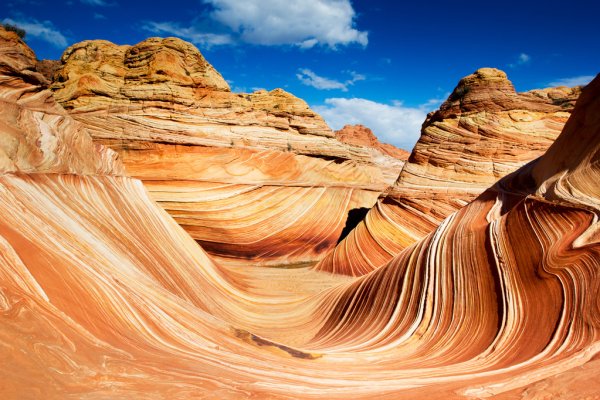
Source: retrip.jp
Believe it or not, Just a mere 20 people a day are granted access to the wilderness region, plus you must apply for a permit based on a lottery system to ensure you’re one of them. In other words, they can’t let too many people get lost in there.
3. The Statue Of Liberty was Modeled After a Peasant Woman from Egypt
Location: New York, NY
The Statue of Liberty is one of the most popular American icons globally, especially since many are discussing what her “huddled masses” mean in terms of current refugee policy. Most elementary school children are aware that it was planned and built by Frederic-Auguste Bartholdi in France rather than the United States. However, as the Smithsonian has pointed out, the Statue’s initial model was an Egyptian farmer, not a woman in Roman robes.
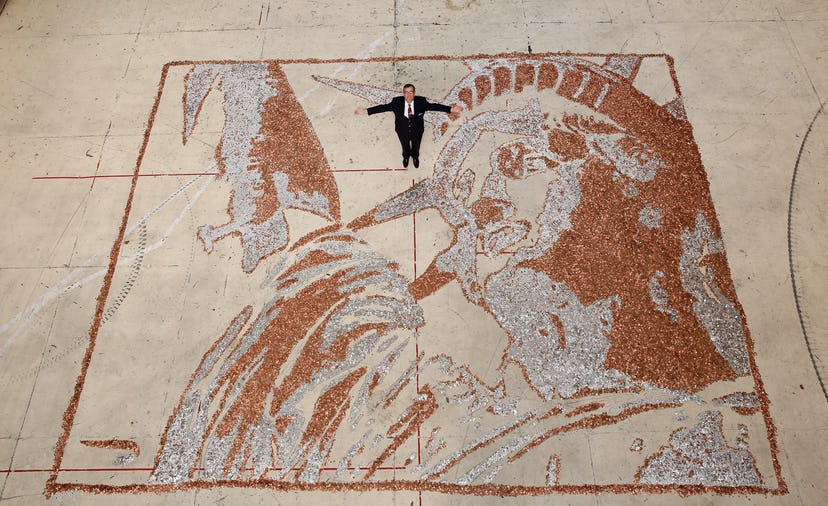
Getty Images/Tom Shaw courtesy of Entertainment/Getty Images
Bartholdi built the Statue of Liberty as a reference to one of the ancient world’s seven wonders, the Colossus of Rhodes, which stood at the harbor entrance of the Greek island of Rhodes and was likely nearly 100 feet tall. In 1855, he proposed a figure in the shape of a veiled Egyptian peasant woman for the Egyptian city of Port Said. The idea was dismissed because it was too costly, but Bartholdi ran with it, and the Statue Of Liberty was born. The irony is almost suffocating in the new atmosphere of anti-Syrian fervor.
4. The Liberty Bell Was Once Stuffed Under Church Floorboards With Dung
Location: Philadelphia, Pennsylvania
Most of the debate about the Liberty Bell centers on when the famous crack first appeared. (It’s unlikely we’ll ever know.) It did, however, have a particularly embarrassing chapter in its history when it was forcibly removed from its original home in Philadelphia, transported across the country hidden in a pile of manure, and buried underneath the floorboards of a small town church. It’s not exactly dignified.
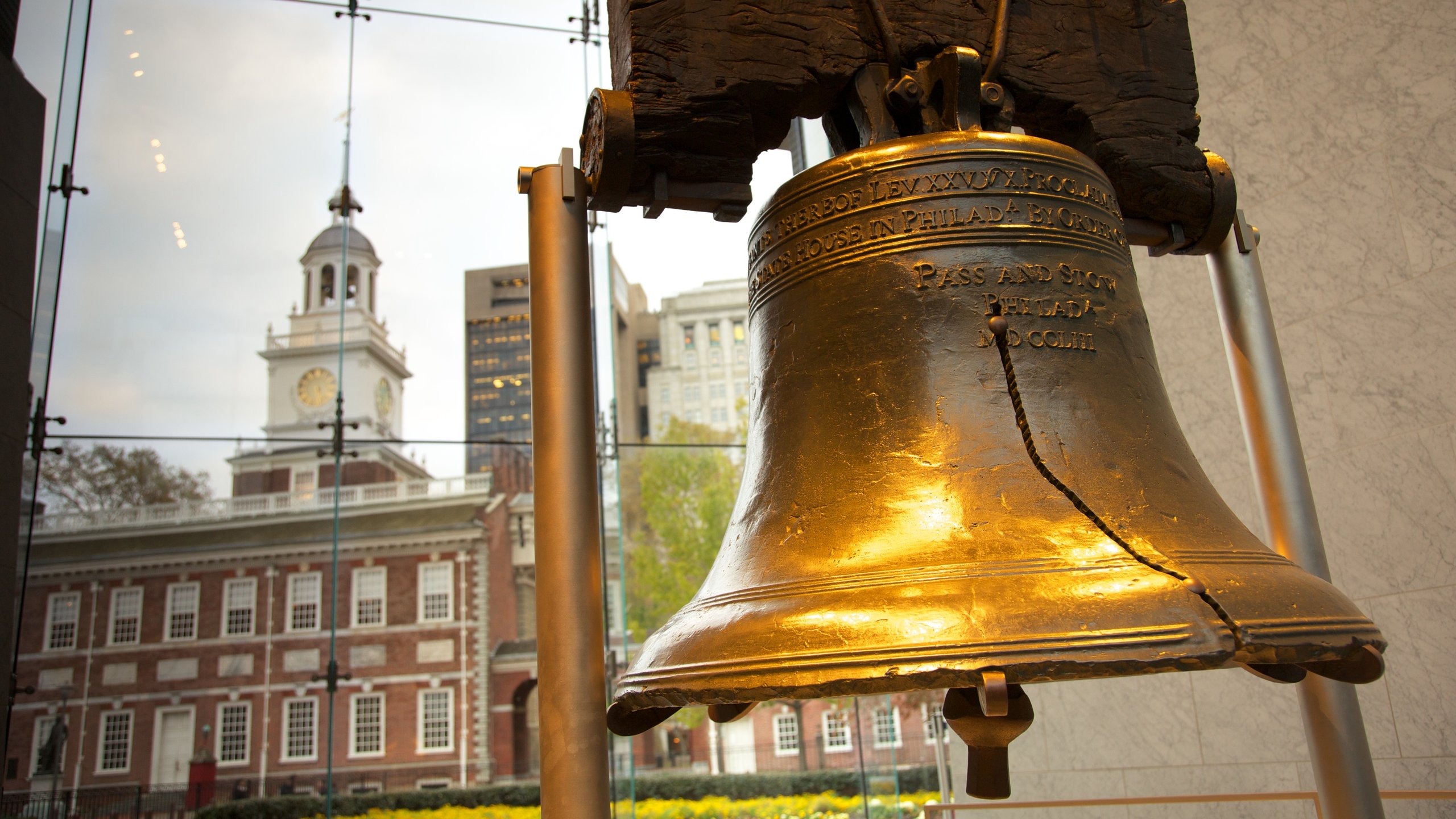
Source: wotif.com
The Liberty Bell Museum, which records the poor bell’s journey in 1777, is now housed in the church in question. It was removed so the British wouldn’t be able to melt it, or any other bells, down for munitions and buried under dung and hay in a wagon. It was left for at least a year under the floorboards, which doubtless didn’t help its luster.
5. Anti-Pope Protesters Held the Washington Monument Hostage
Location: Washington D.C.
The Washington Monument was designed to be much more than an obelisk; it was intended to be a full-scale Roman-style pantheon, complete with pomp and fancy marble. However, it encountered a great deal of trouble during its building, including being kept hostage by a group of anti-Catholic demonstrators after 1854.
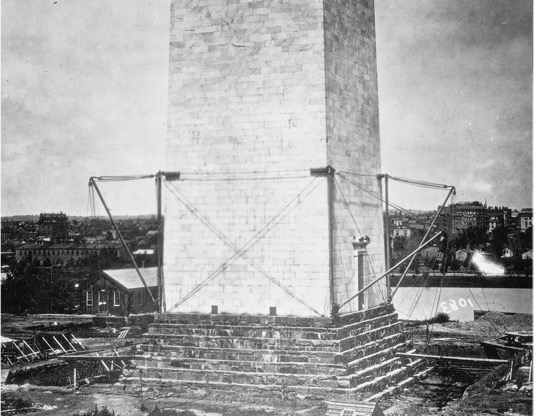
Source: sfgate.com
The so-called “Know-Nothing Group” despised both immigrants and Catholics and took offense at the Pope’s donation of a stone from Rome for the structure. So they stormed the monument to snatch the stone and take charge of the site, just like any fair political party would. They kept it until 1858 but only added four feet to its height during that period because Congress, understandably, refused to give them any funds to help expand it. The nation only regained the site after the Know-Nothings disbanded.
6. A Tourist Scam Was Operated By Mount Rushmore Construction Workers
Location: Keystone, South Dakota
This one may be folklore, but it’s one of the more amusing stories about Mount Rushmore’s building, which was otherwise a model of efficiency and safety as not one person was killed in the entire process, which involved huge amounts of dynamite and people dangling on a vertical cliff face. According to the National Parks Service, the employees conned returning visitors searching for souvenirs.
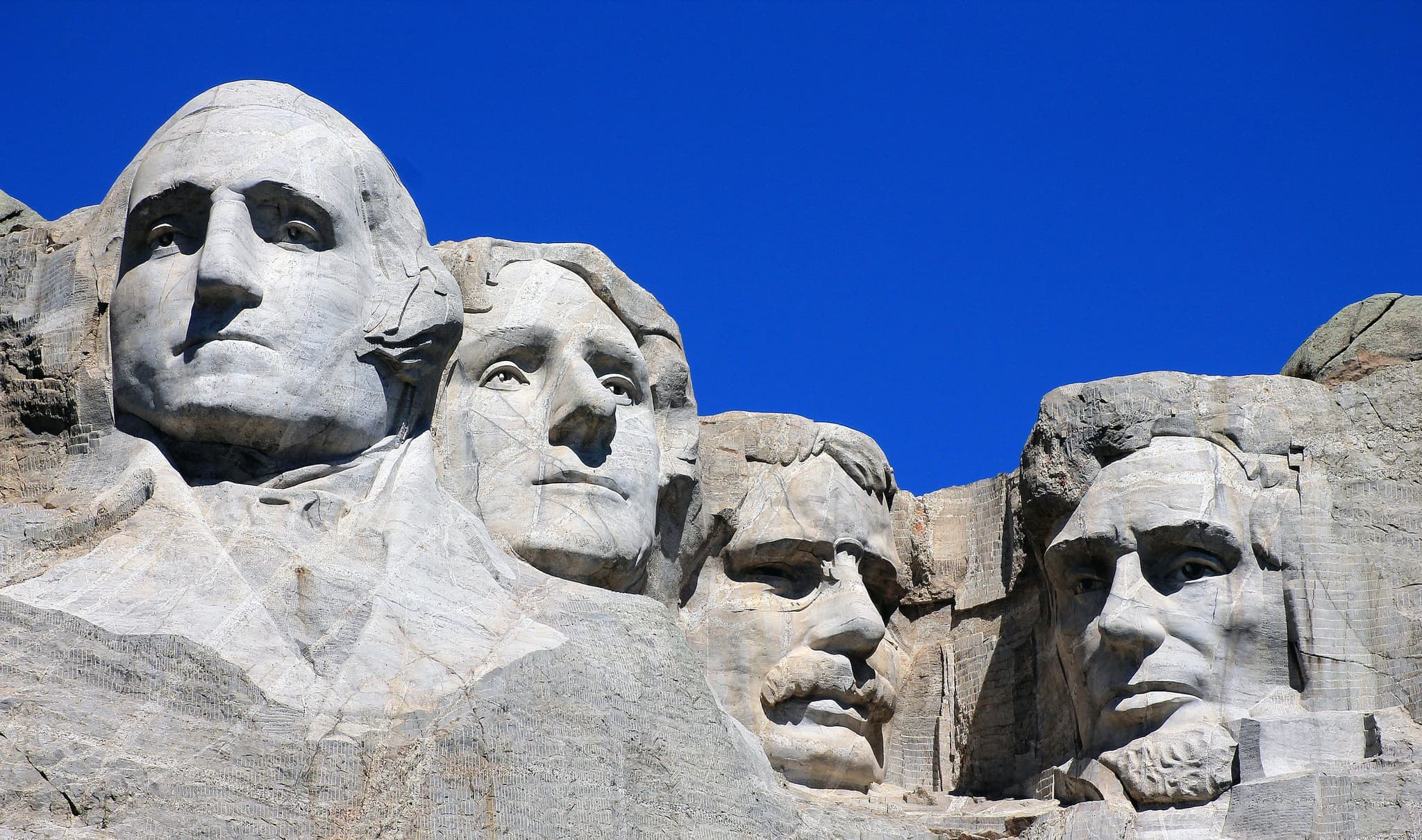
Source: pinsdaddy.com
After the initial dynamiting, workers had to hand-drill the granite of the mountain’s surface to extract small bits at a time, using a method known as “honeycombing,” which involves drilling a series of tiny holes close together and then scraping the material in chunks. Passing tourists tried to buy it, but the workers allegedly pretended they weren’t allowed to sell it until the tourists named an utterly absurd amount. For a piece commemorating the American Dream, this is a cozy little earner.
7. The Interior of Monticello Was Painted In Absurdly Bright Technicolor
Location: Charlottesville, Virginia
According to Bill Bryson’s book At Home: A Short History Of Private Life, Jefferson’s beloved Monticello was more of an ambitious pet project that remained a construction site for decades, even though Jefferson was still living there. It has a lot of nice touches, like secret reading spaces or “cuddies” at the tops of the stairs, but its color scheme is one of the most beautiful.
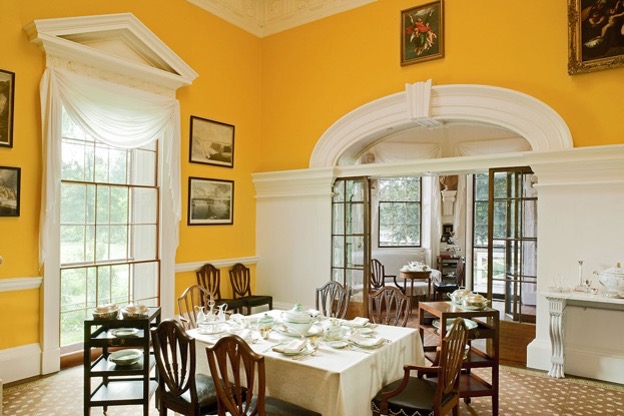
Source: monticello.org
When the new curators redecorated it in splashy paint as part of a renovation project, they apparently got a lot of flak. They were, however, strictly adhering to Jefferson’s original decorating scheme. The interior rooms of Monticello were extremely vibrantly painted, especially in a very chic “chrome yellow” that was the height of elegance and cost up to $5 per pound. Visitors could complain about headaches, but Jefferson seemed to enjoy himself.
8. The Lincoln Memorial Was Constructed on a Known Body-Dumping Site
Location: Washington D.C.
The Lincoln Memorial is similar to the Washington Monument. The proposed design was much more ambitious than what was actually built — but it was the site that drew the most attention at the time. It was raised in a swamp filled with mosquitos, dirt, homeless people, and, on rare occasions, a few less desirable things.
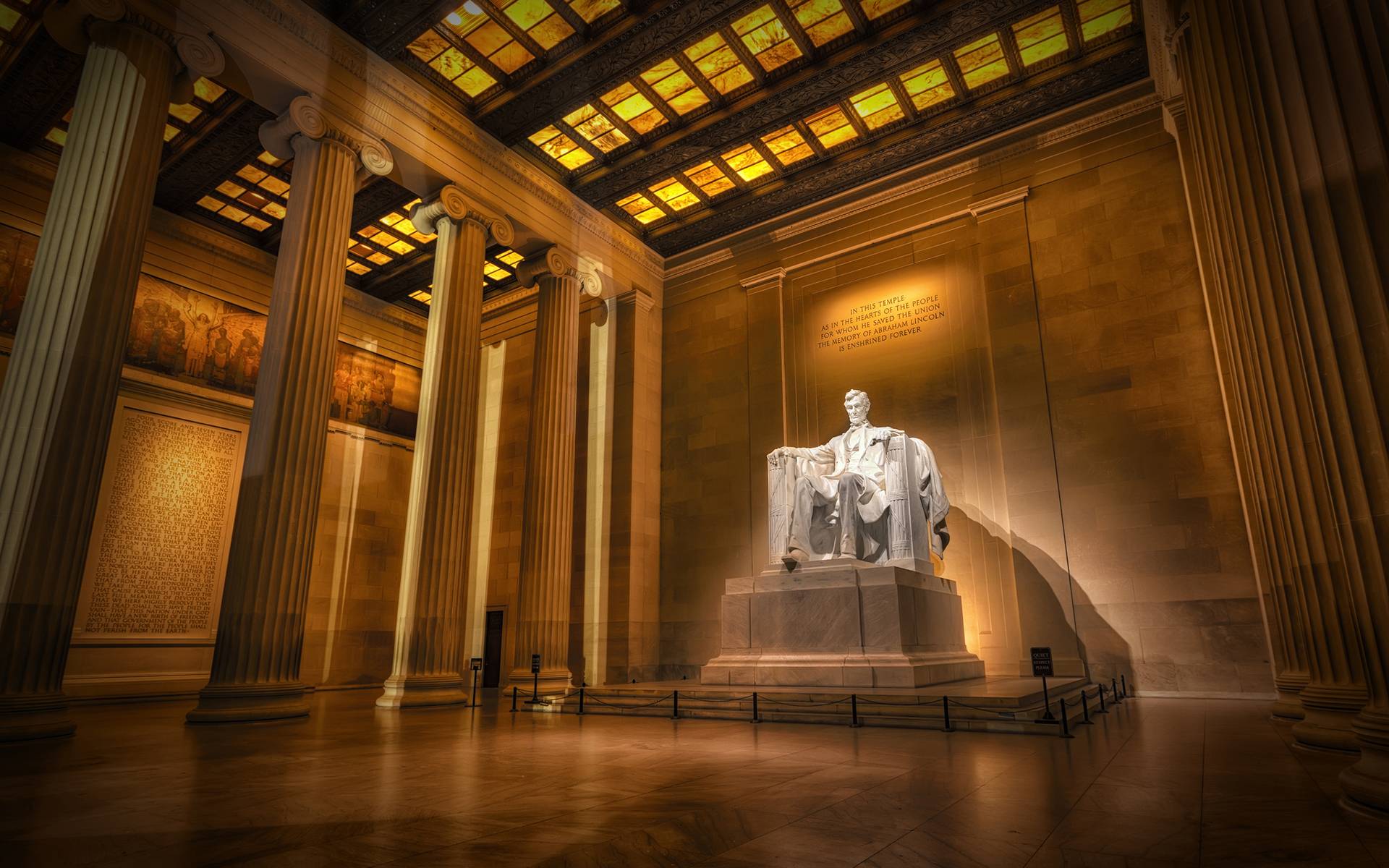
Source: russianfleet.pro
The marshy flats where the Washington Memorial and park were eventually constructed were originally seriously dodgy, according to the Washington Post. “I’ll never let a monument to Abraham Lincoln be erected in that goddamned swamp as long as I live,” Republican Congressman Joe Cannon, a vital opponent of the initiative, said. One of the major issues? It was full of dumped bodies, according to the cops. Although the proposals were finally carried out, Honest Abe may have lifted a marble eyebrow.
9. Golden Gate Was Not Painted Red As Many People Thought
Location: San Francisco, California
The Golden Gate Bridge’s distinctive color was largely determined by chance. According to NPR, in the 1930s, the Golden Gate’s architect, Irving Morrow, found that some of the steel had been painted with a red-orange primer.
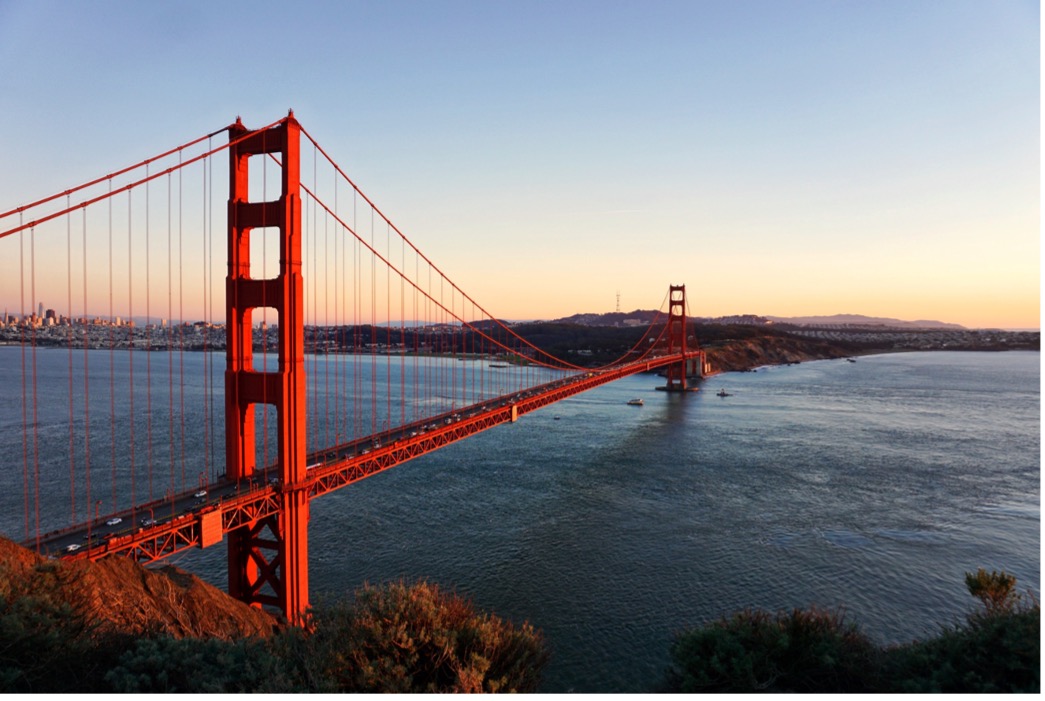
Source: Twitter
Most bridges were black or silver at the time of the bridge’s construction in the 1930s. Still, Morrow persuaded the War Department — which was the agency granting permission during that period — that the whole bridge should be painted in the bold hue. So, what is the current name of what has become a well-known paint color? “International orange,” to put it simply.
10. Many People Disbelieved Adventurers' Tales About Yellowstone
Location: Yellowstone National Park, Wyoming
When David E. Folsom and Charles W. Cook encountered Yellowstone in the mid-1800s, both men wrote journals about their journey. According to National Geographic, they had a hard time selling their story because magazine editorial staff felt like their descriptions of the geysers and incredible geology was something of fantasy.
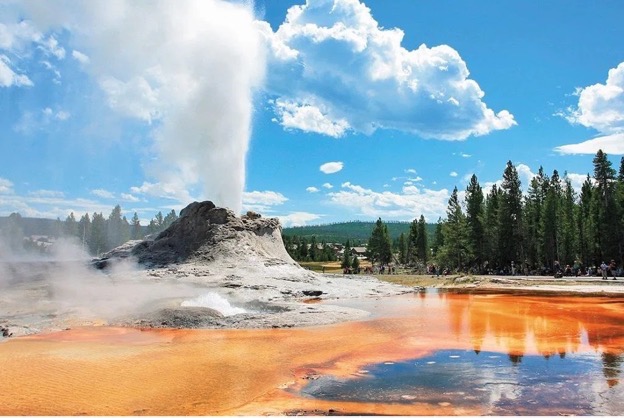
Photo © Peng Zhuang/Dreamstime
Despite this, Yellowstone was established as a national park just three years following their discovery. That is prior to places like Montana, Wyoming, and even Idaho being declared as official states, yet the park quickly became a popular tourist destination.
11. Gateway Arch Has Permanent Time Capsule
Location: St. Louis, Missouri
Yeah, it’s gorgeous. However, the Gateway Arch is far more than a great aesthetics: it is indeed home to a remarkable portion of residential history. As per the National Park Service, a time capsule was installed throughout the structure on October 28, 1965.
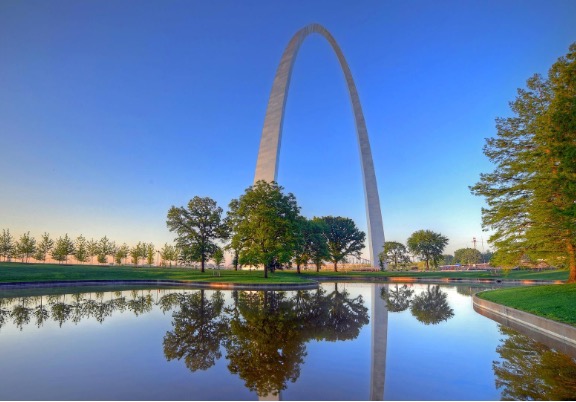
Source: pinshiwen.com
It contains 762,000 signatures (mostly from children who enrolled at St. Louis schools also during that era). However, don’t hold your breath for the list to be made public too soon. The capsule is indefinitely soldered inside the arch and will not be opened for the duration of the structure’s life.
12. Green Wasn't The Intended Color For The Statue of Liberty
Location: New York, NY
Strictly speaking, it’s an indication of damage. According to The Telegraph, the statue’s framework is iron, however, its outside is copper, which now has turned green throughout time caused by oxidation.
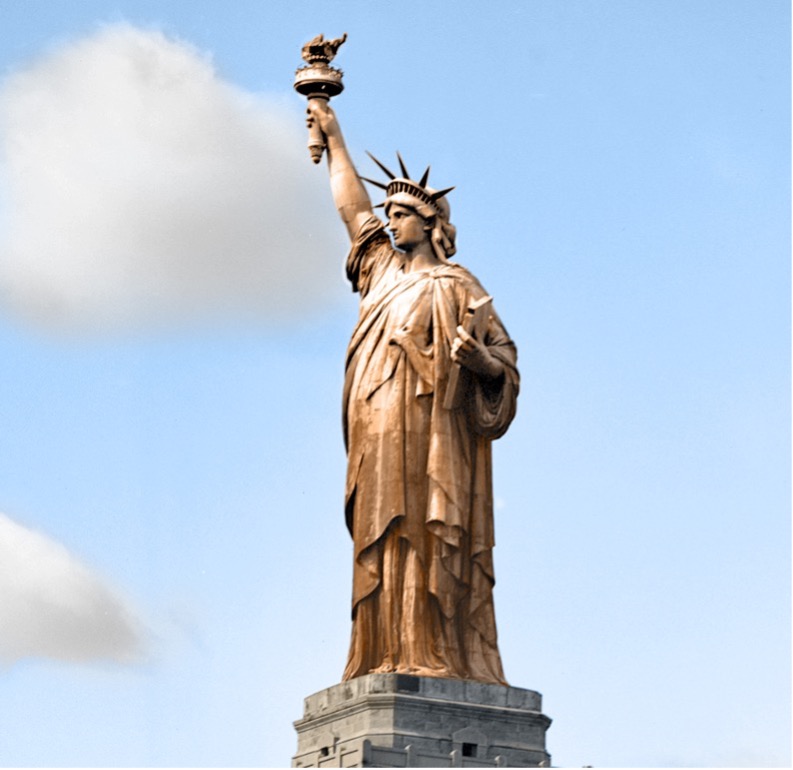
Source: Reddit/ cow41087
The green coating, on the other hand, preserves the statue against further corrosion and injury. The statue was originally a genuine copper shade.
13. A Mall Beneath The White House?
Location: Washington, D.C.
One of the most popular buildings in the world is the White House which is home to the most powerful leader in the western hemisphere. However, did you know that it’s not just the nation’s business that goes on there?
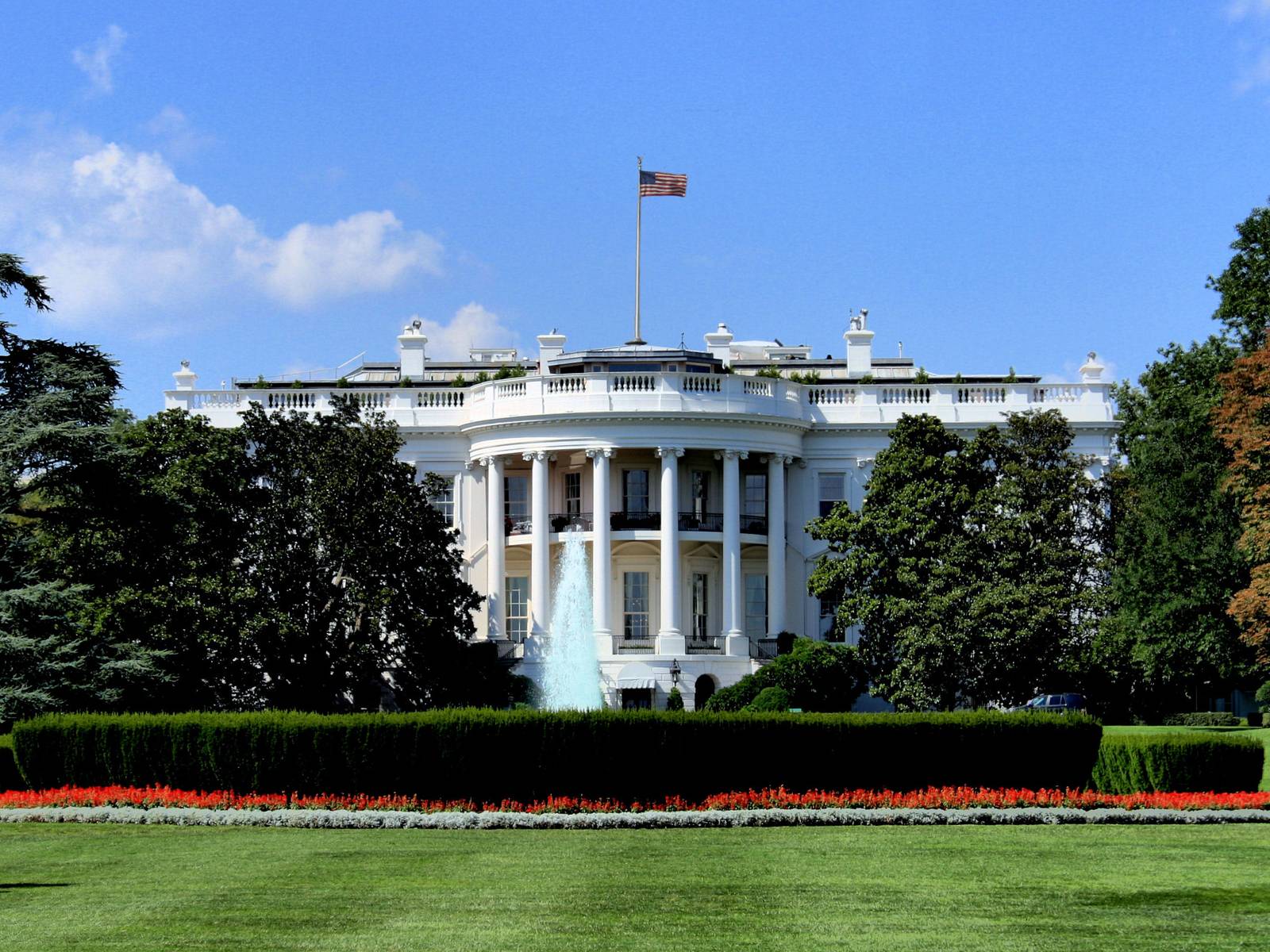
Source: zryxsw.com
The majority of people have dusty boxes in their basements. According to Thrillist, the President has a cellar that comprises of a flower store, a dentist’s service, a carpenter’s workshop, and even a bowling alley (in relation to the Situation Room, whereby he gets to meet with advisors during catastrophes).
14. Tribe Members Still Reside Within The Grand Canyon
Location: Grand Canyon National Park, Arizona
A Tribal Group continues to reside within the Grand Canyon. “The Havasupai tribe has lived all around the Grand Canyon’s South Rim for the last eight years, as per anthropologists,” according to mygrandcanyonpark.com.
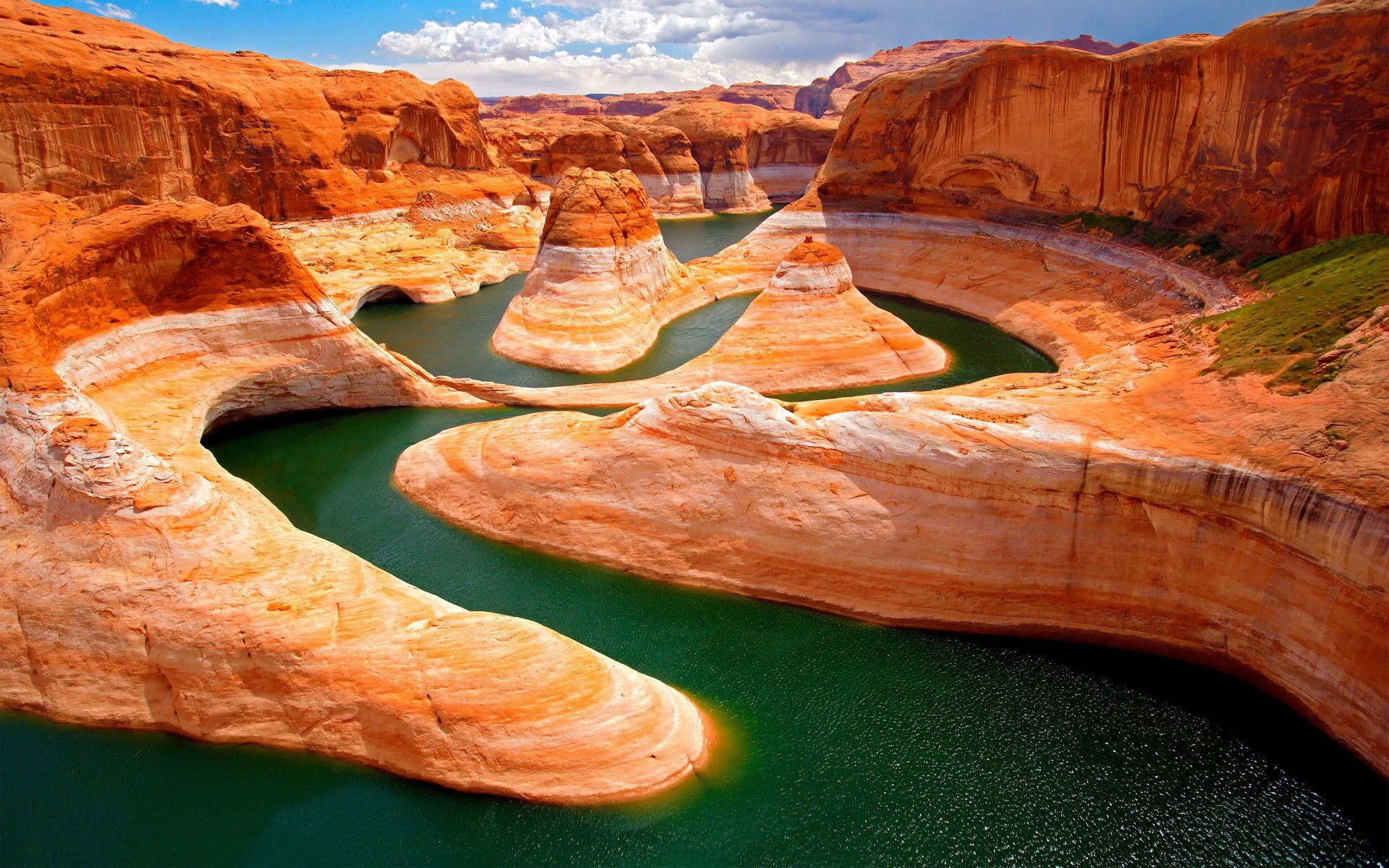
Source: wallpapercave.com
They used to make walking routes, which have now been transformed into hiking trails. The Havasupai, who have roughly 670 living members, depend on tourism to sustain their reservation.
15. Sequoia National Park Has The World's Largest Living Organisms
Location: Sequoia National Park, California
When you want to see trees that make skyscrapers look pale in comparison, take a visit to Sequoia. The General Sherman Tree, the world’s biggest living organism (by volume), can be found in Sequoia National Park.
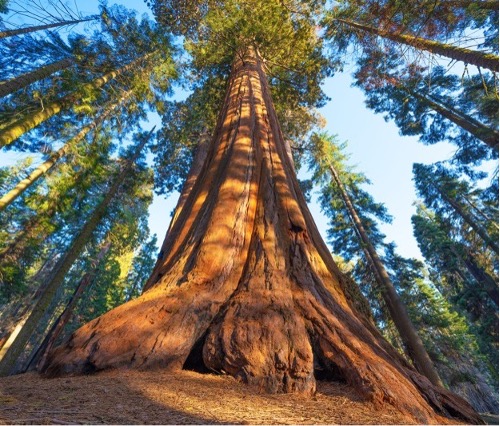
Source: bestlifeonline.com
According to NPS, the tree has a volume of slightly more than 52,500 cubic feet, is 274.9 feet tall above its base, has a circumference of 102.6 feet at the ground, and a diameter of 6.9 feet at its widest branch.
16. Glacier National Park May Soon Have No Glaciers
Location: Glacier National Park, Montana
Glacier National Park started with 150 active glaciers; today it only has about 25. Sperry Glacier is one of the largest glaciers in the park and has withdrawn about 75 percent since the mid-18th century.
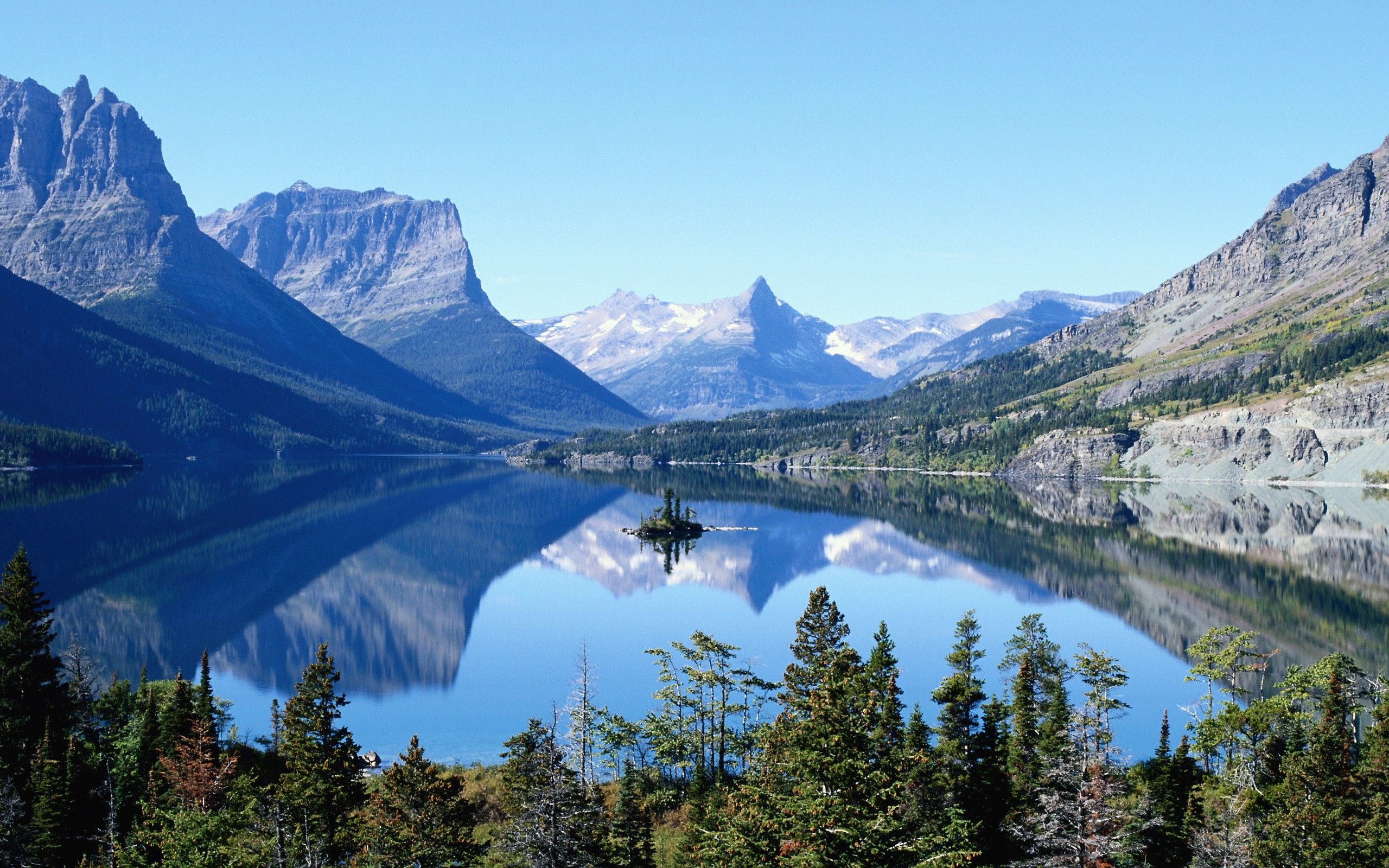
Source: picstopin.com
USGS states that the mountain snowpack stores less water and started melting a minimum of two weeks ahead of the original time during the spring. Losing glaciers negatively affects the ecosystem and terrain beauty of the park, which is treasured by the scores of visitors. Be sure to visit the Glacier National Park soon if you want to see the remaining glaciers before they’re gone.
17. Rainbow Bridge Is The Biggest Stone Arch
Location: Lake Powell, Utah
Why travel elsewhere when the United States has the biggest arch made out of stone that you’ll find anywhere across the globe? That’s the fabulous Rainbow Bridge.
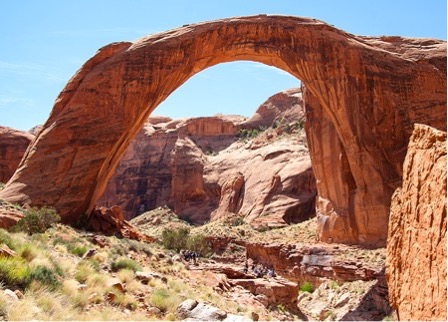
Source: travelocity.ca
Rainbow Bridge, the world’s largest stone arch, is located in Arches National Park. It stands 290 feet in height and a thickness of forty-two feet at its highest point. Local native tribes are familiar with the bridge. According to the National Park Service, more than 85 thousand people from different continents visit each year.
18. Empire State Building Has A Secret Room
Location: New York, NY
Did you know that you can get hitched on the Empire State Building’s 86th floor? This is one of the world’s most sought after wedding venues. Unfortunately, only one day per year do you get this opportunity and there’s a certain section that most people cannot access.
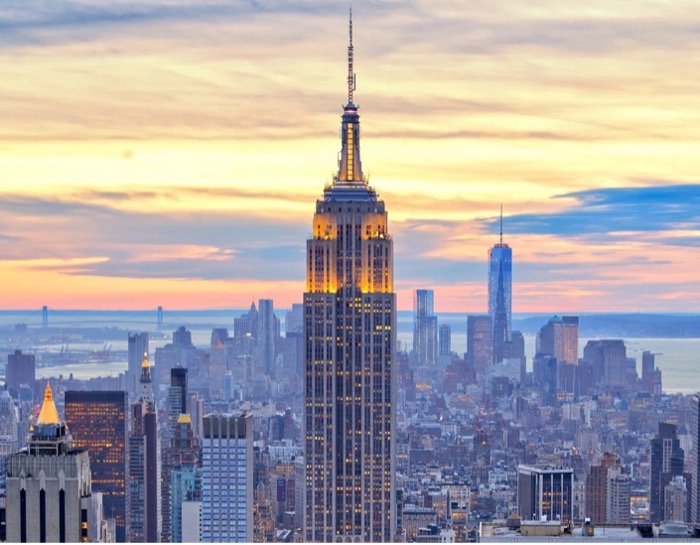
Source: Getty Images
Only on Valentine’s Day do weddings take place at the Observatory. Another interesting thing is that the Empire State Building does have a High Roller 103rd floor. It’s a “Top Deck” that conceals a very small space that is not open to the public.
19. Many Died To Establish The Hoover Dam
Location: Arizona – Nevada Border
Talk about beautiful but deadly and you’ll be referring to the Hoover Dam. Difficult to build and costing many lives was the sacrifice made to create that massive structure.
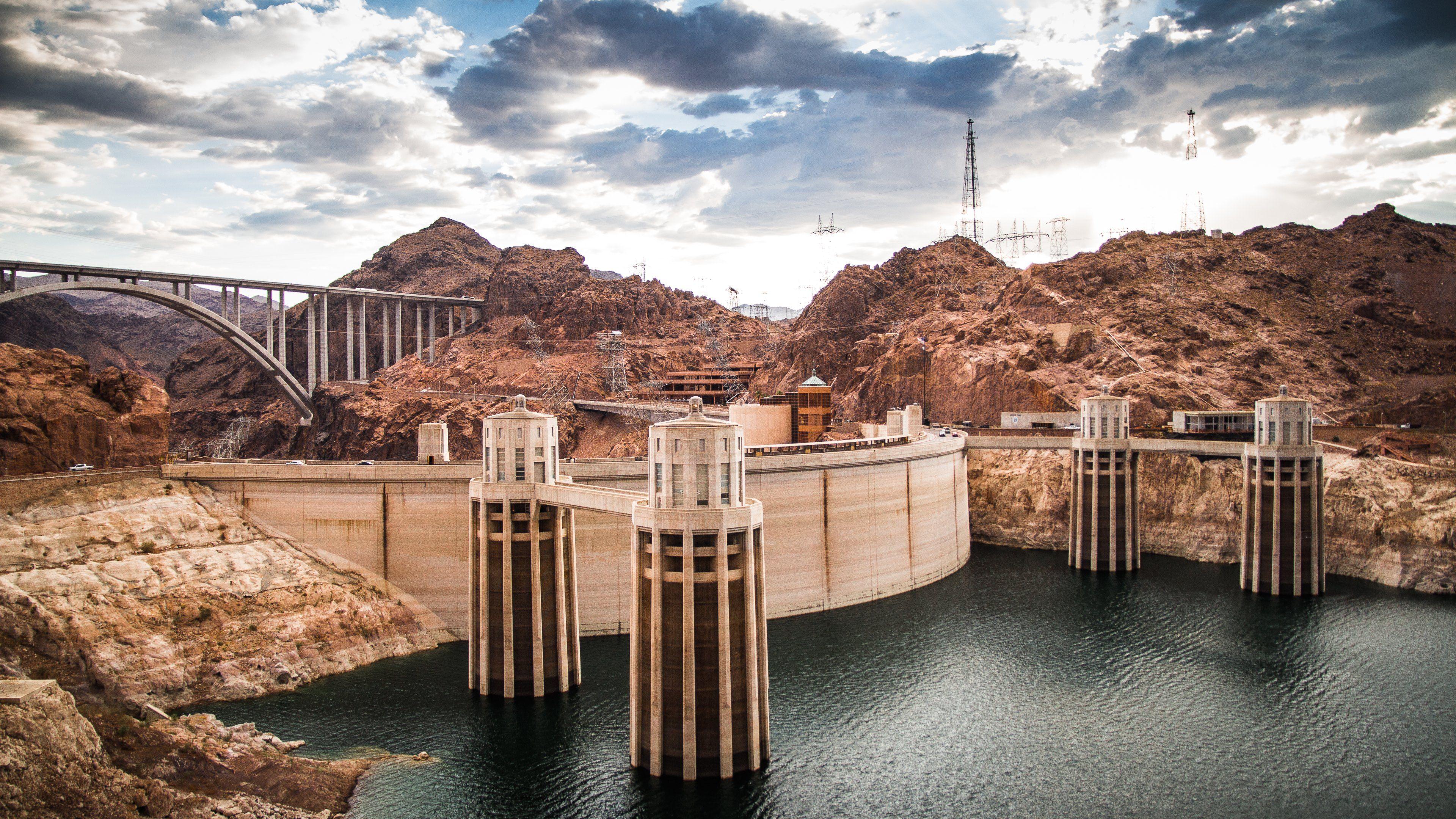
Source: allwidewallpapers.com
The Hoover Dam, stands at 725 feet, is one of the most impressive structures in modern history, as well as one of the most dangerous during construction. In the decade following its completion, it was responsible for 600 minor earthquakes. About 100 employees died during construction, and reports suggest that several of them are lying under the building’s concrete facade.
20. Devils Tower Has Hundreds of Pathways
Location: Devils Tower, Wyoming
Talk about out if this works and you’ll be referring to the Devils Tower. This natural structure has an air of intrigue about it while being considered eerie to others, but is a rock climber’s delight.
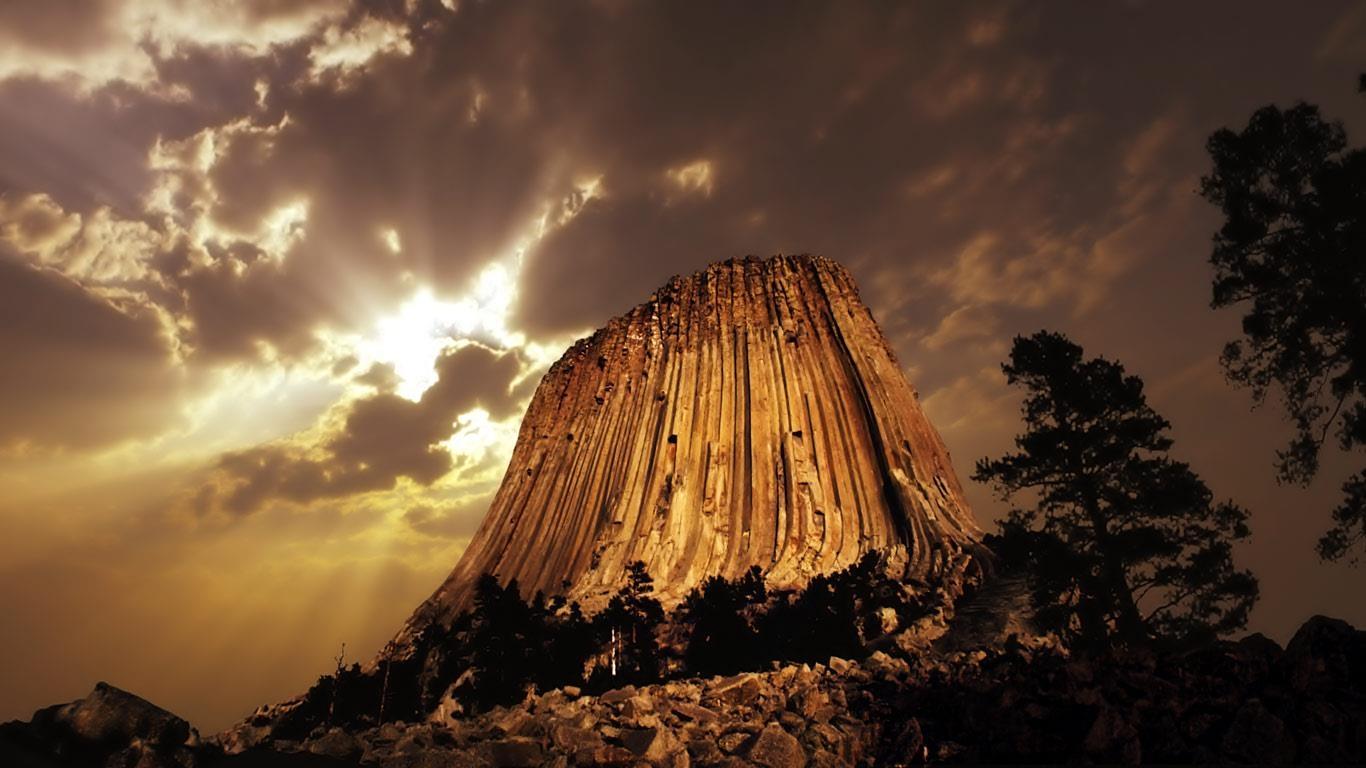
Source: allwidewallpapers.com
Devils Tower isn’t only a sight to behold from a distance. On the ethereal rock, over a hundred rock climbing pathways have been built, not even including the wooden ladder system that two local ranchers made popular. They are clearly visible even now.
21. The Grasshopper Weathervane Stores A Secret
Location: Boston, Massachusetts
Many historic structures are keeping a secret or too and maybe even a few. The Gilded Grasshopper Weathervane is no different.
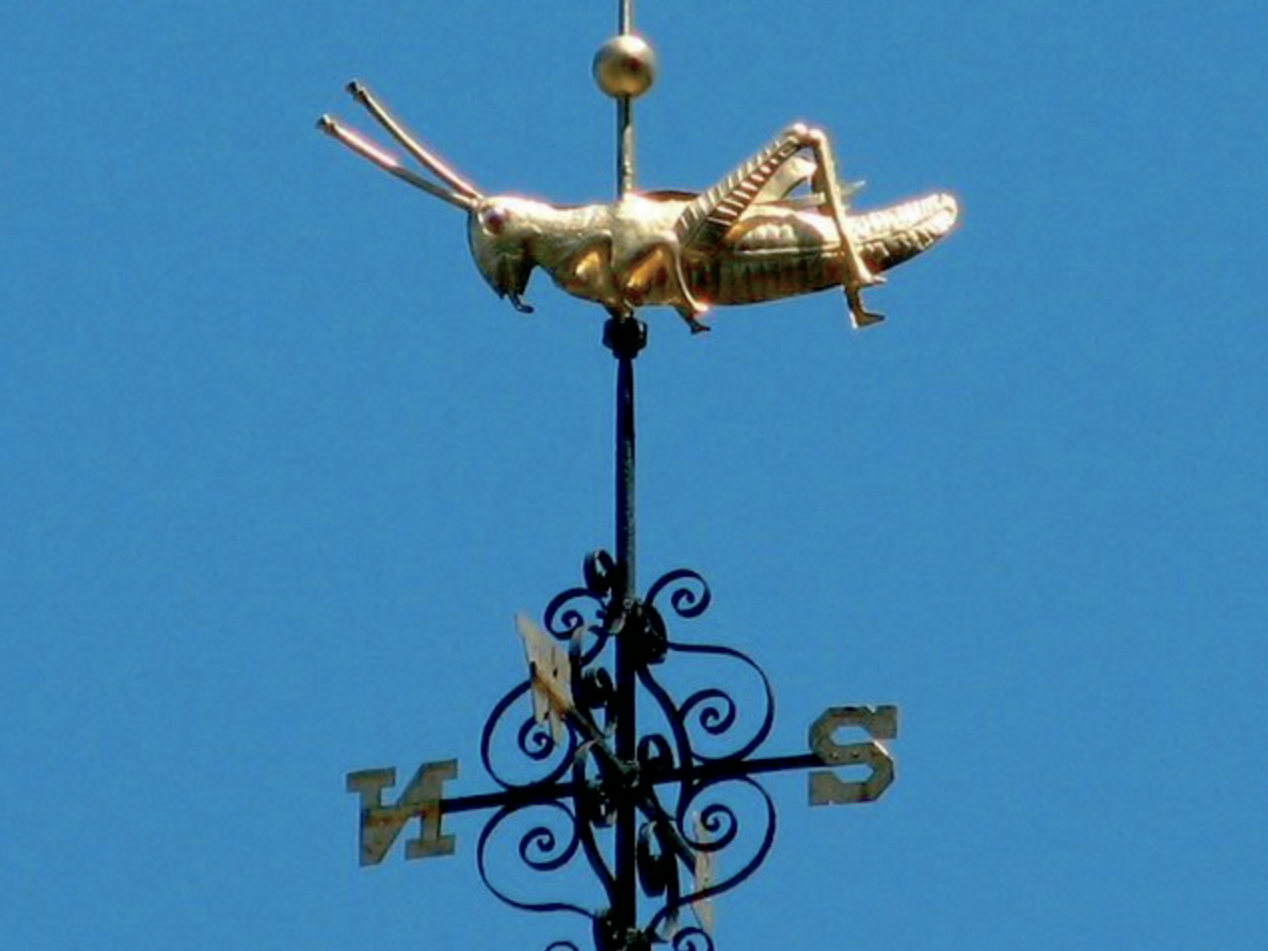
The gilded grasshopper weathervane atop Faneuil Hall has more to it than meets the eye. In its tiny belly, this city emblem conceals a time capsule filled with coins, newspapers, and notes from previous Boston mayors.
22. A Flower Garden Lies On The Grounds Of Alcatraz
Location: San Francisco, California
It may be a surprise to many, but Alcatraz was a historic prison and home to many flower species, especially daisies.
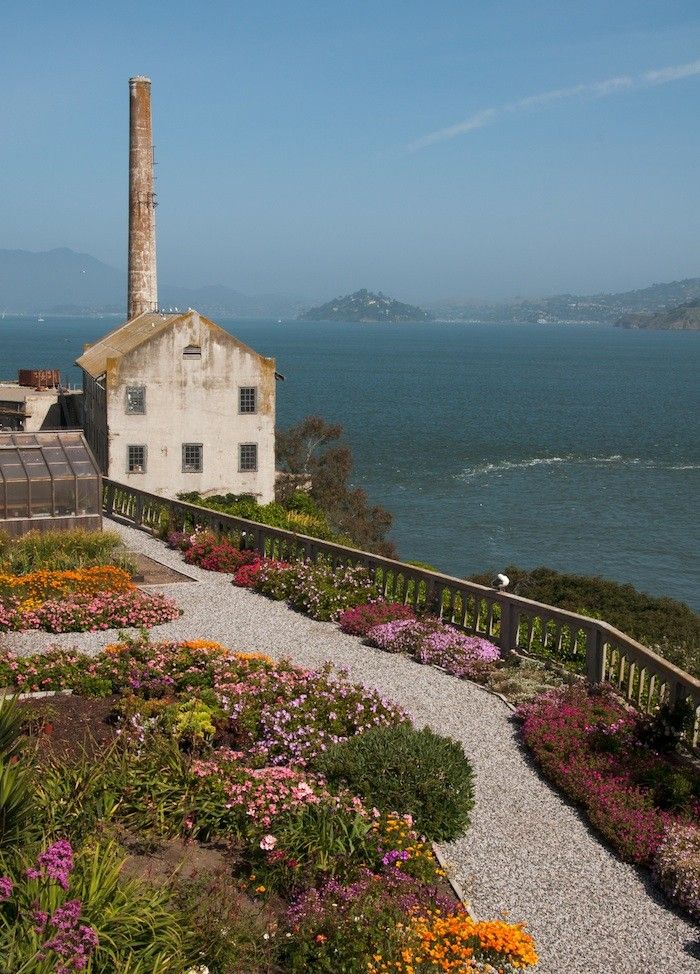
Source: gardenista.com
It’s possible that the inhabitants of Alcatraz compelled several people to plant daisies back in the day, so it’s only normal that flower planting has become a serious business here. Yes, the inmates cared for their flowers alongside the nurses, and the vibrant gardens are still flourishing today.
23. Image Of President Lincoln Cast at Pike's Peak?
Location: Colorado Springs, Colorado
Each year in late February, just around President’s Day, Pikes Peak has been said to leave an impression that looks eerily similar to Abraham Lincoln.
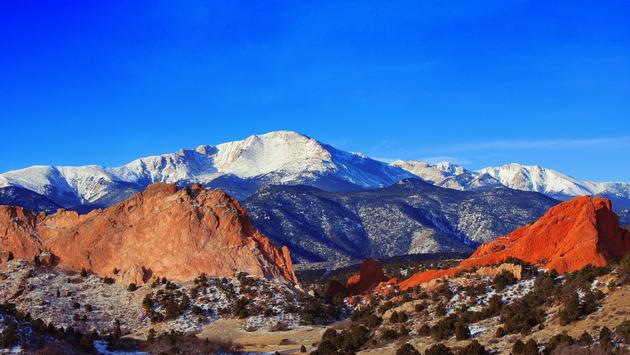
Source: kamshin.com
Actually, mountain watchers promise they can see the outline of an individual with a pronounced chin and nose who appears to mirror our 16th president from some locations in town. In late October, the reflection is said to be noticeable as well.
24. Antelope Canyon Is A Hidden Gem
Location: Page, Arizona
Talk about hidden gems, and you’ll be referring to Antelope Canyon in Arizona, which is a dazzling beauty. It leaves you feeling as though you’re in another galaxy.
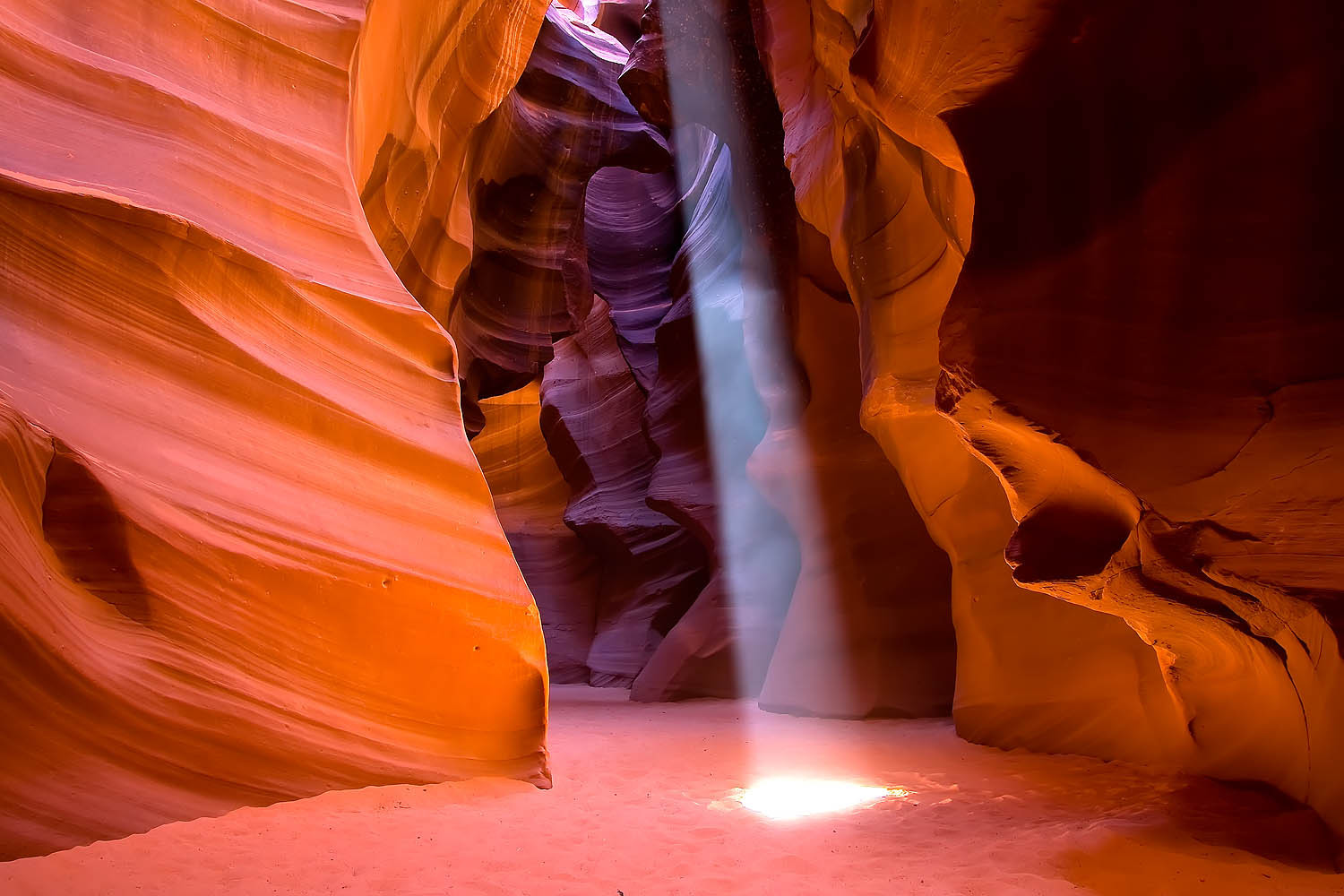
Source: placeaholic.com
Although this stunning gorge in Northern Arizona remains largely unknown to others, social media is assisting in its promotion. However, since it is situated on Navajo territory, it is only reachable via an arranged tour.
25. The Space Needle Has A Feminine Inspiration
Location: Seattle, Washington
The Space Needle had been designed for the 1962 World’s Fair in Seattle. However, most people are unaware of the female motivation underlying architect Victor Steinbrueck’s concept.
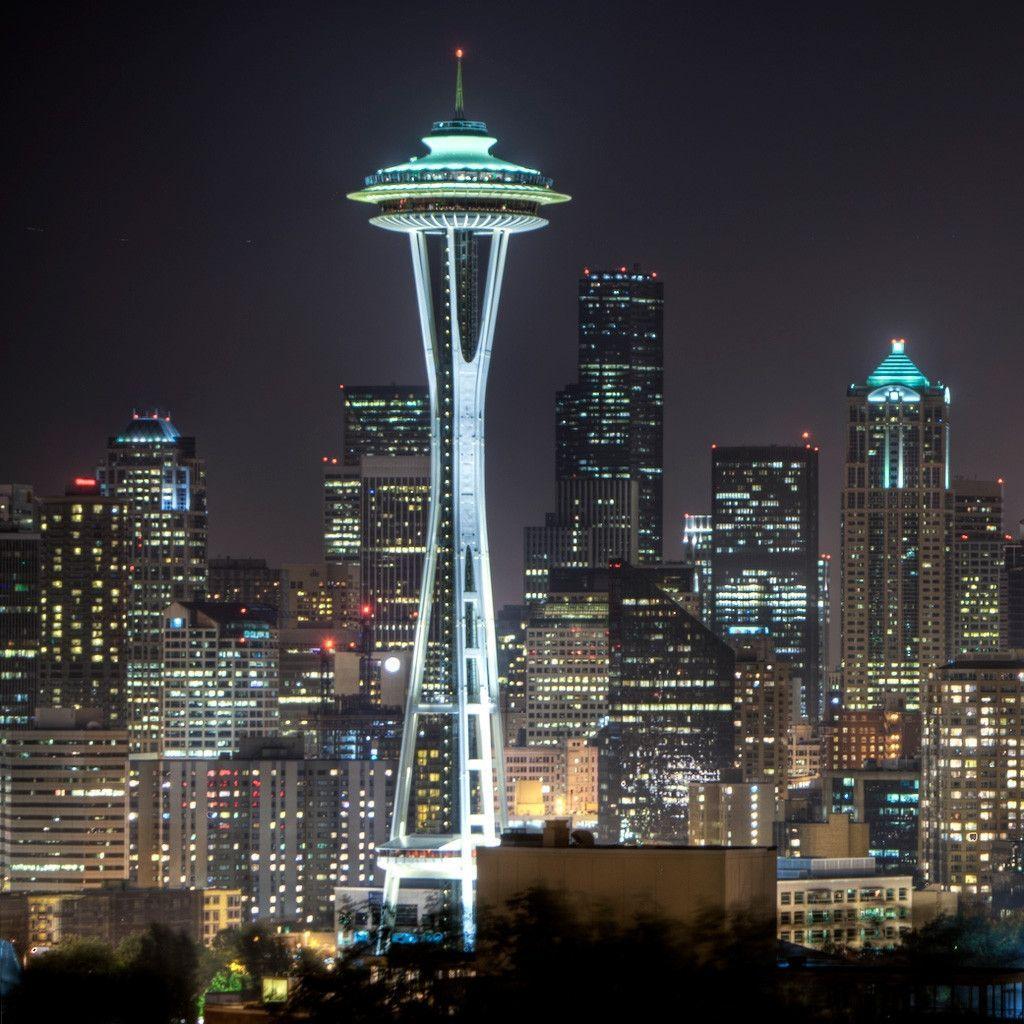
Source: zamir.club
It works out that all the framework was influenced by “The Feminine One,” a wood statue depicting an abstract female shape with hands extended upward. Going into this structure is not for the faint of heart as it is really tall.
26. Get a Taste of Paris At The Rock Hall
Location: Cleveland, Ohio
If you’ve never been to Paris, you can get a taste of it at the Rock Hall of Fame. This hall of fame includes a dazzling pyramid style structure made of glass, as well as items and collectibles related to the theme of rock n’ roll.
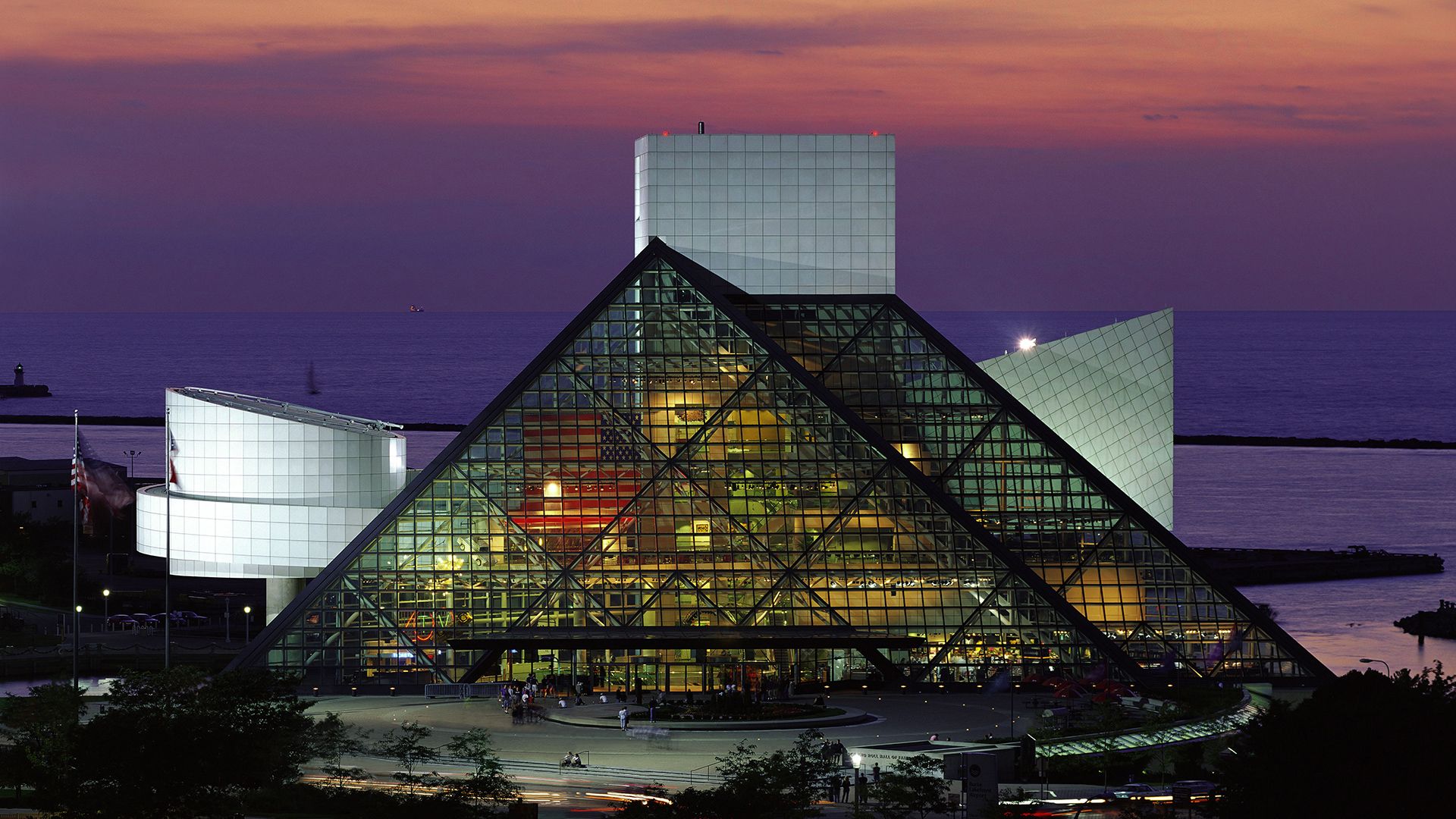
Source: thevaultrocks.com
I.M. Pei, the project’s lead architect, also designed something identical for the Louvre in Paris, which, although initially contentious, seems to have become just about as much a staple of the museum as that of the Mona Lisa.
27. Can You Believe The Badlands Was Beneath The Sea?
Location: Badlands National Park, South Dakota
When you think of a place formerly being beneath the sea, it can be scary to venture there. However, the beauty of the Badlands will suck you in.
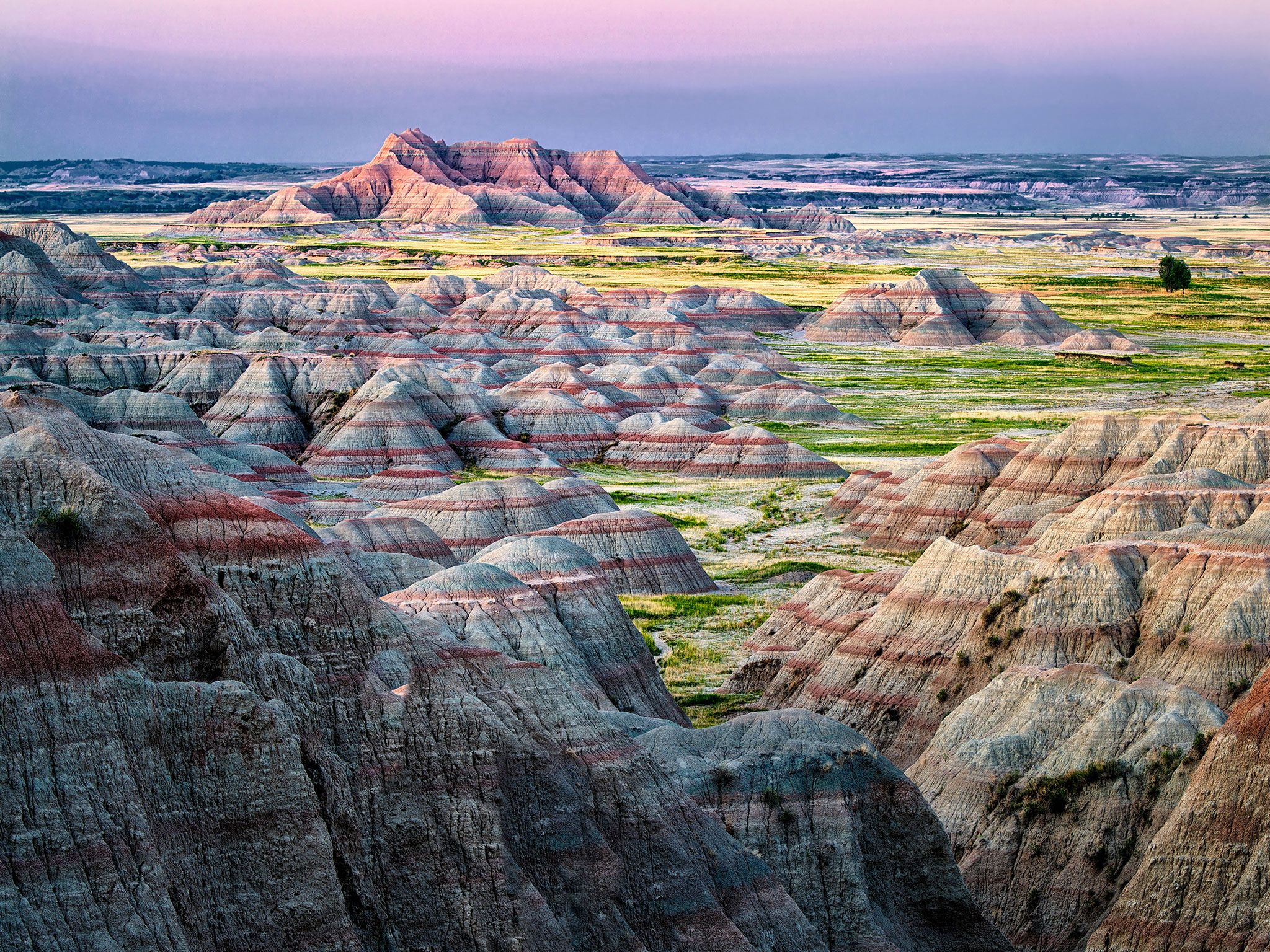
Source: flipboard.com
The mysterious rocks and desolate buttes of South Dakota’s Badlands are hard to ignore; however, this desolate landscape was also not always the same. The whole area was once under the waters of a shallow sea, which explains why so many fossils have been discovered buried there.
28. Where Did The Cliff Palace Colors Go?
Location: Mesa Verde, Colorado
Cliff Palace is Mesa Verde National Park’s most spectacular cliff shelter, and although it now blends into the backdrop, it was once a riot of color.
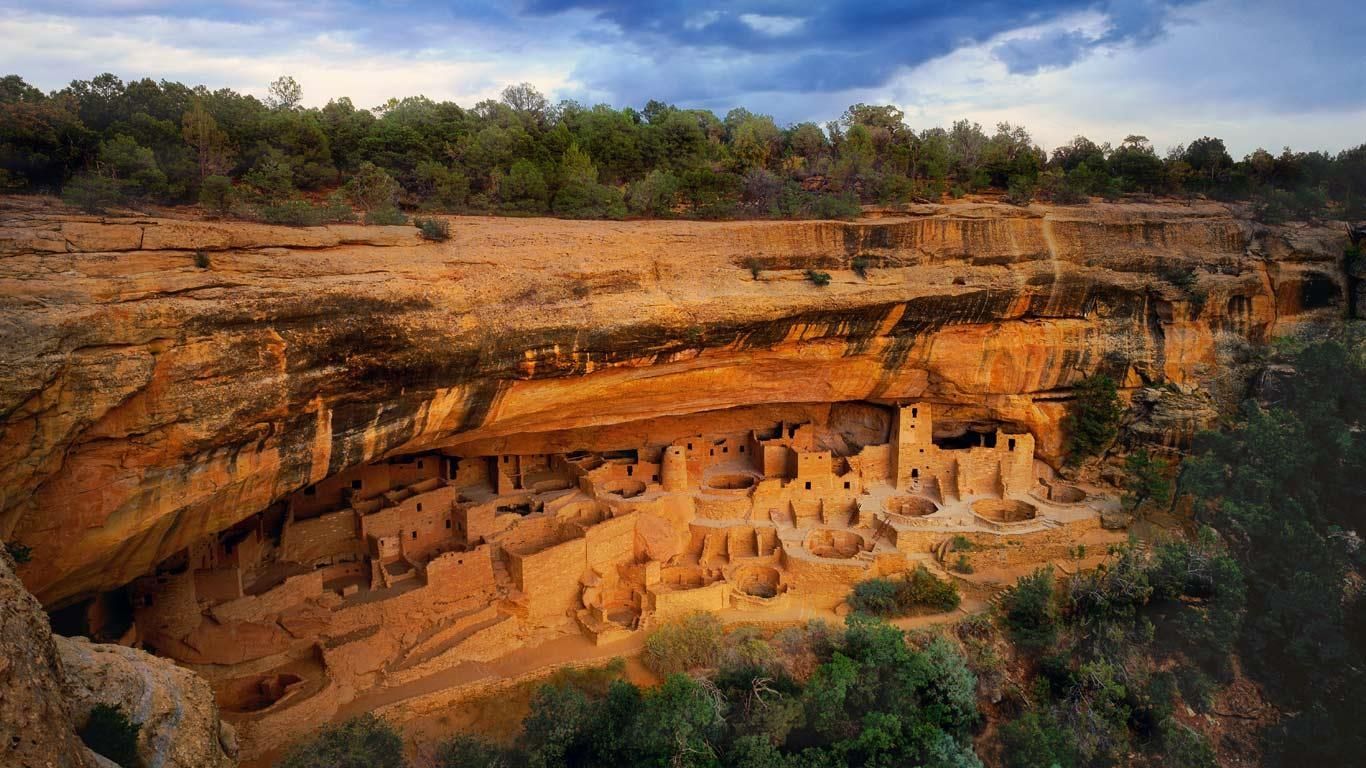
Source: vrbo.com
The walls were originally painted in a variety of colors, including pink, red, brown, and yellow, but they’ve all changed to their current sandstone hue. Either way, it is still attractive and attracts many visitors to admire its lovely design.
29. The Hollywood Sign Was Meant To Advertise A Development
Location: Hollywood, California
If nothing else, everyone wants to take a picture beside the Hollywood sign or with it as a backdrop as proof they’ve been to LA. However, why’s that sign even there?
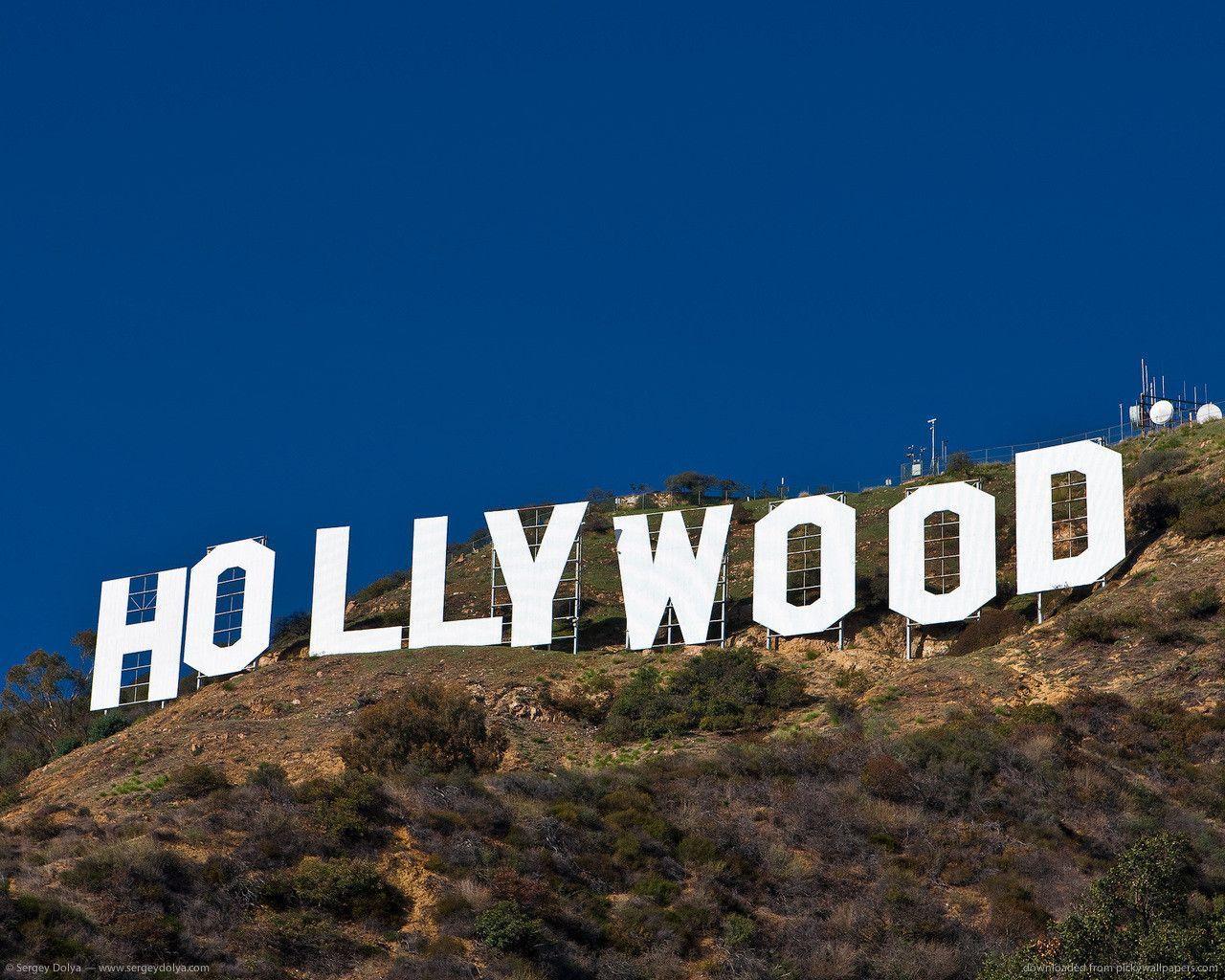
Source: kykyryzo.ru
When the developers of the “Hollywoodland” area tried to get their message across in 1923, they chose to erect a giant sign in the hills. The sign soon lost a few letters. However, it has come to represent a city, an industry, and millions of people’s hopes and aspirations.
30. How Old Is The Crazy Horse Image?
Location: Crazy Horse Memorial, South Dakota
A moving mountain may sound scary, but this one is scenic and comes with deep meaning.
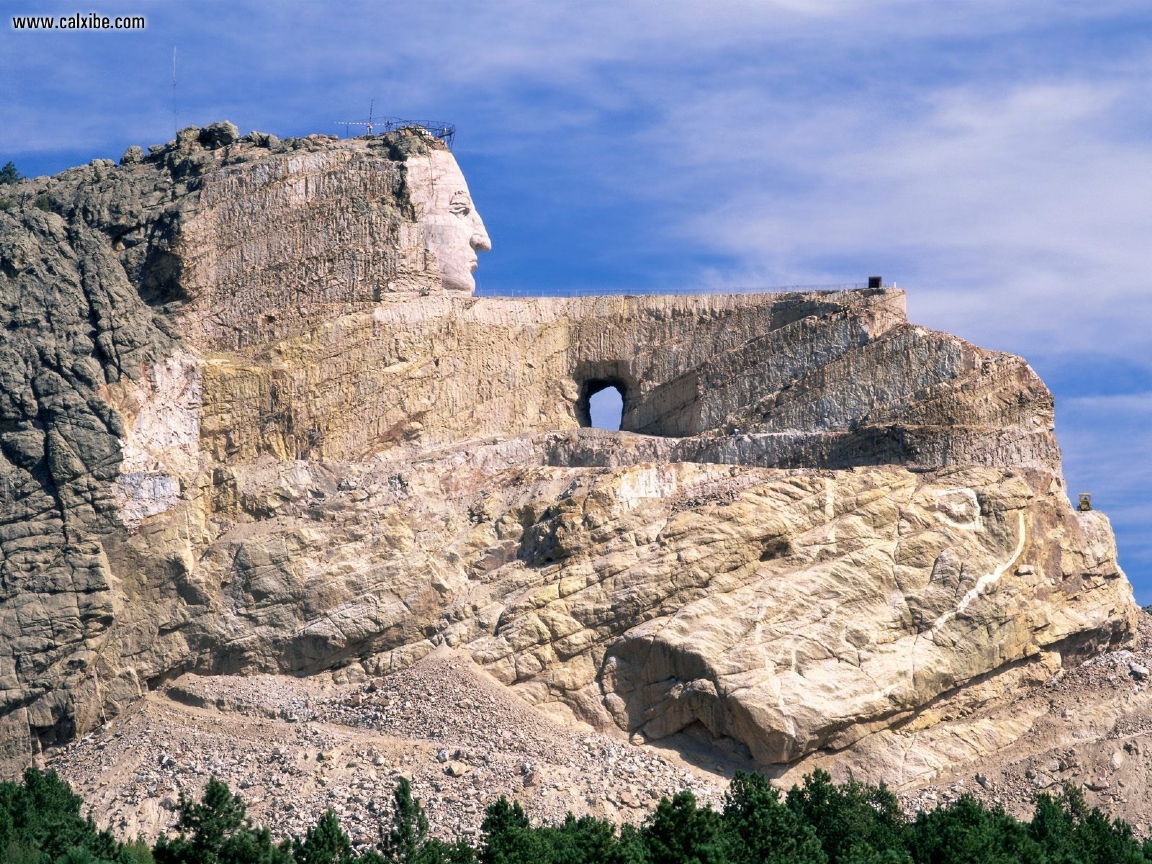
Source: allwidewallpapers.com
This shifting mountain artwork honoring Native Americans’ lives and traditions is still under construction. However, that doesn’t imply it’s new to the scene. Actually, the first rock explosion happened in 1948, and five people who survived the Little Big Horn battle were in attendance.
31. Cloud Gate Has a Knockoff Version In China
Location: Chicago, Illinois
Copycats will never have the same depth and intricate details as the originals, which the Cloud Gate in Chicago has proved compared to China’s knockoff.
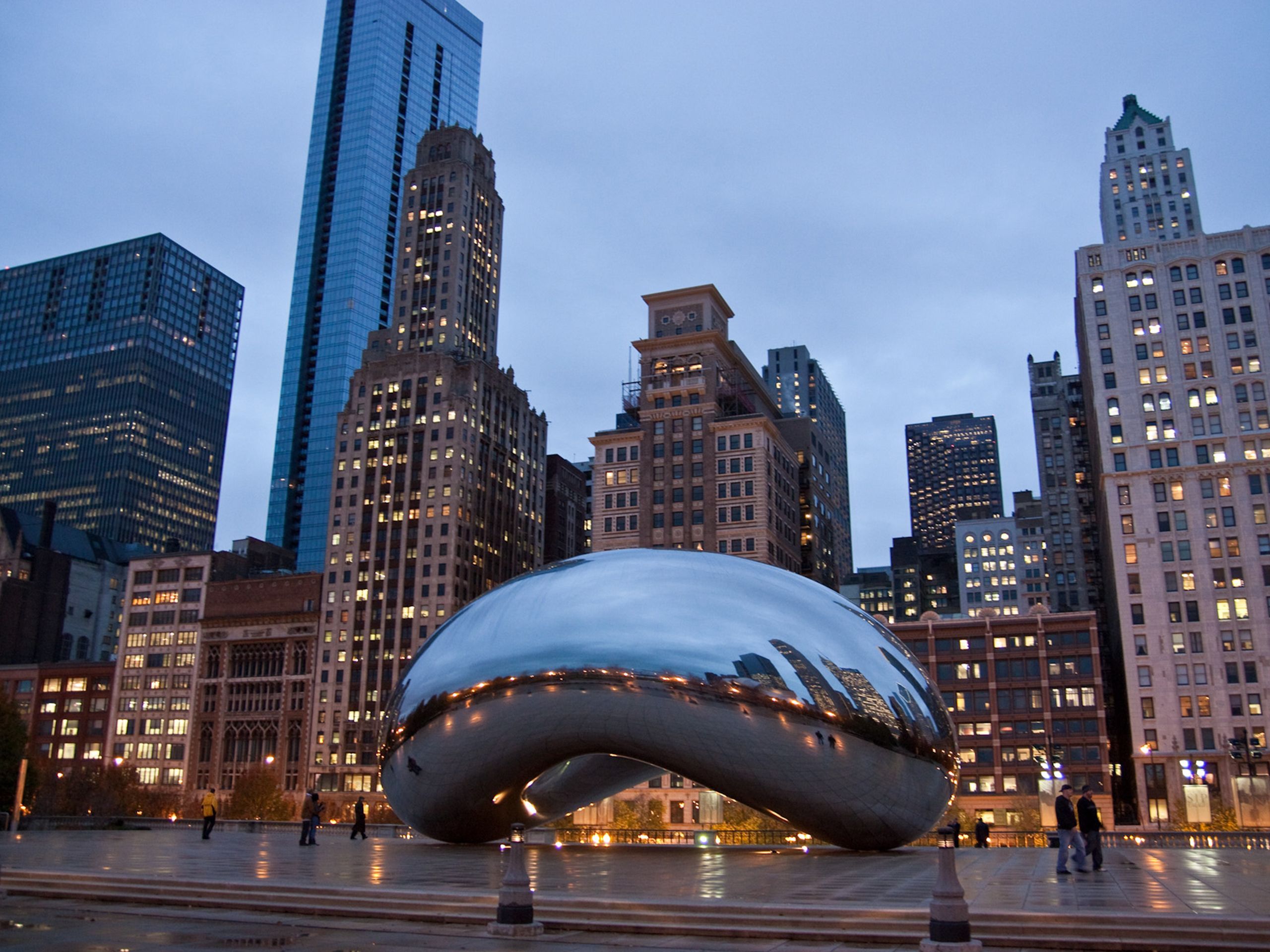
Source: followingtherivera.com
Anish Kapoor’s artwork has long been considered a landmark in Chicago, and it’s difficult to fathom it’s only been here since 2006. And besides, did you happen to notice that in Karamay, China, there’s a replica? And though the one in Karamay is described as a “huge oil bubble,” it has enraged Cloud Gate’s sculptor to the point where he has threatened to sue.
32. Route 66 Actually Comes From An Author
Location: Route 66 (Chicago to L.A.)
Route 66 is very popular, but the depth of its name is unknown to many. It highlights the suffering that a group of people had to endure.
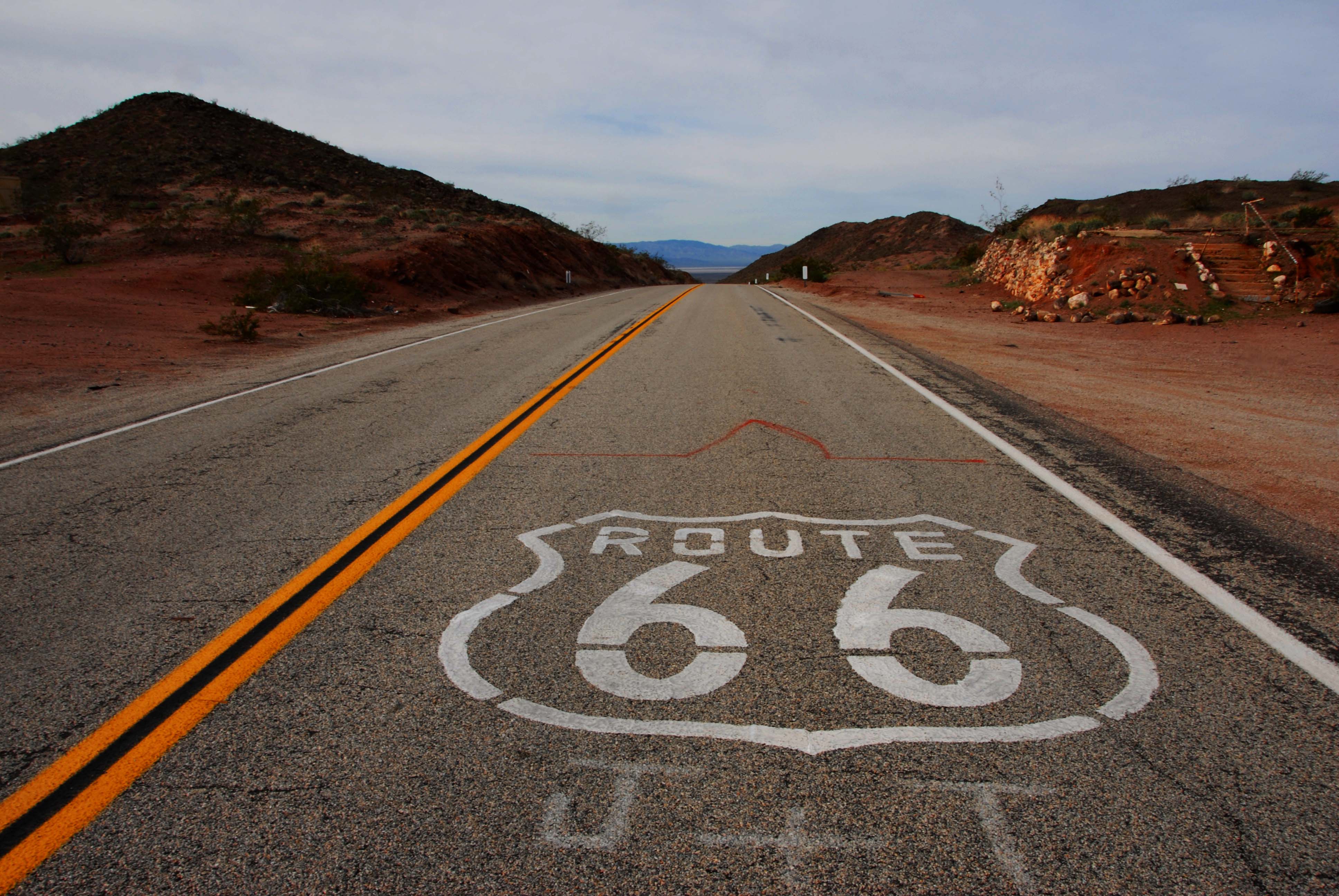
Source: map-usa.xyz
You’ve undoubtedly heard Route 66 called “The Mother Road,” however did you know it comes from John Steinbeck’s novel The Grapes of Wrath? Throughout the novel, he explains the dire voyage west of Americans escaping the Dust Bowl’s catastrophe and how Route 66 rescued them.
33. Wine Cellars Beneath The Brooklyn Bridge?
Location: Brooklyn, NY
It’s hard to fathom that you were driving everyday or occasionally over some of the best wines in the world, right? Well, that was the case with the Brooklyn Bridge in New York.
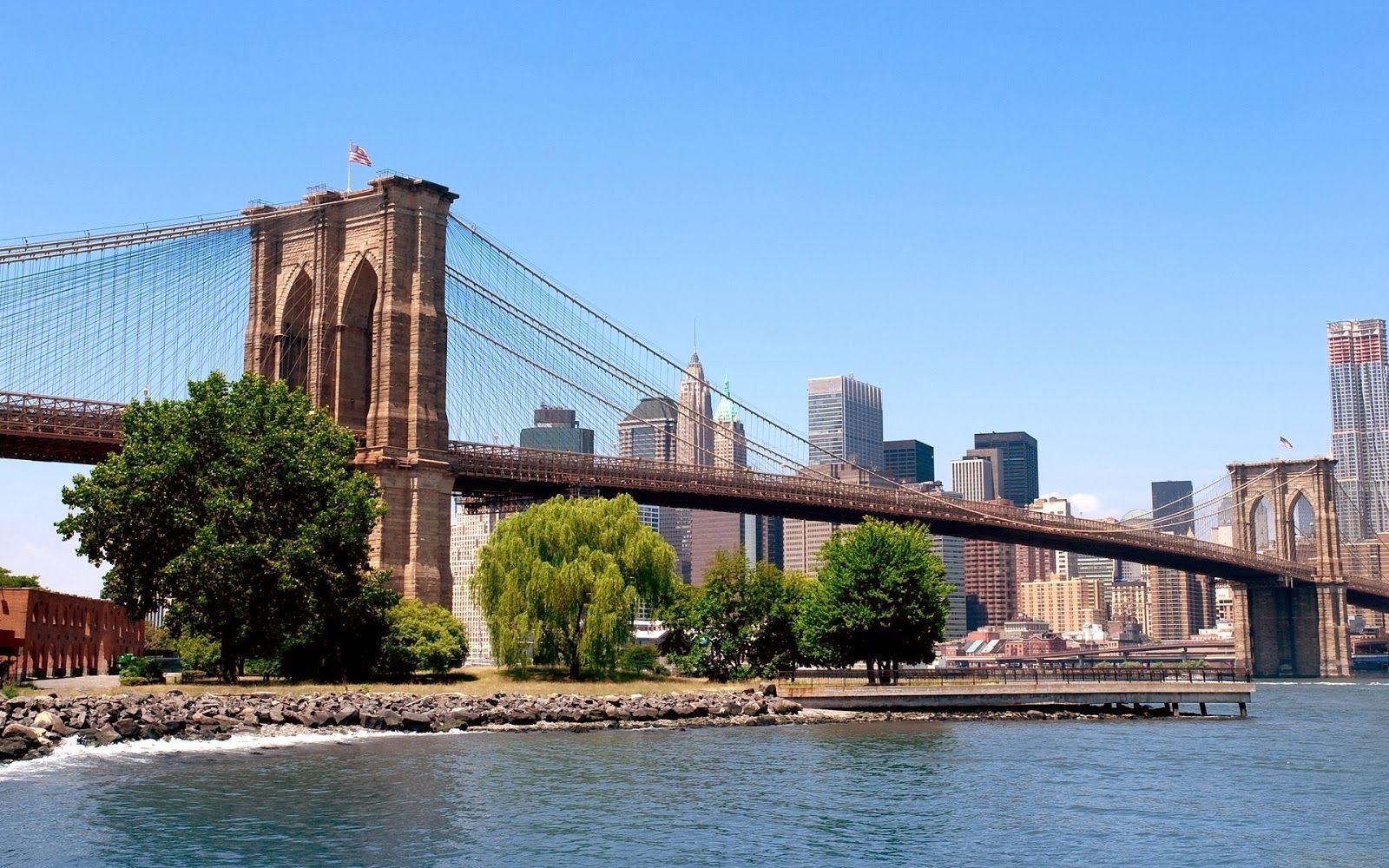
Source: pivotjourneys.com
Huge vaults were constructed within the anchors of the Brooklyn Bridge in an effort to recoup some of the bridge’s expense, which would then be leased out as wine cellars. Indeed, it is said that the foundation of the bridge previously housed several of the city’s finest wines.
34. What Color Are The White Sands?
Location: White Sands National Park, New Mexico
The sky isn’t blue, and the white sand in New Mexico isn’t white? So what color is it?
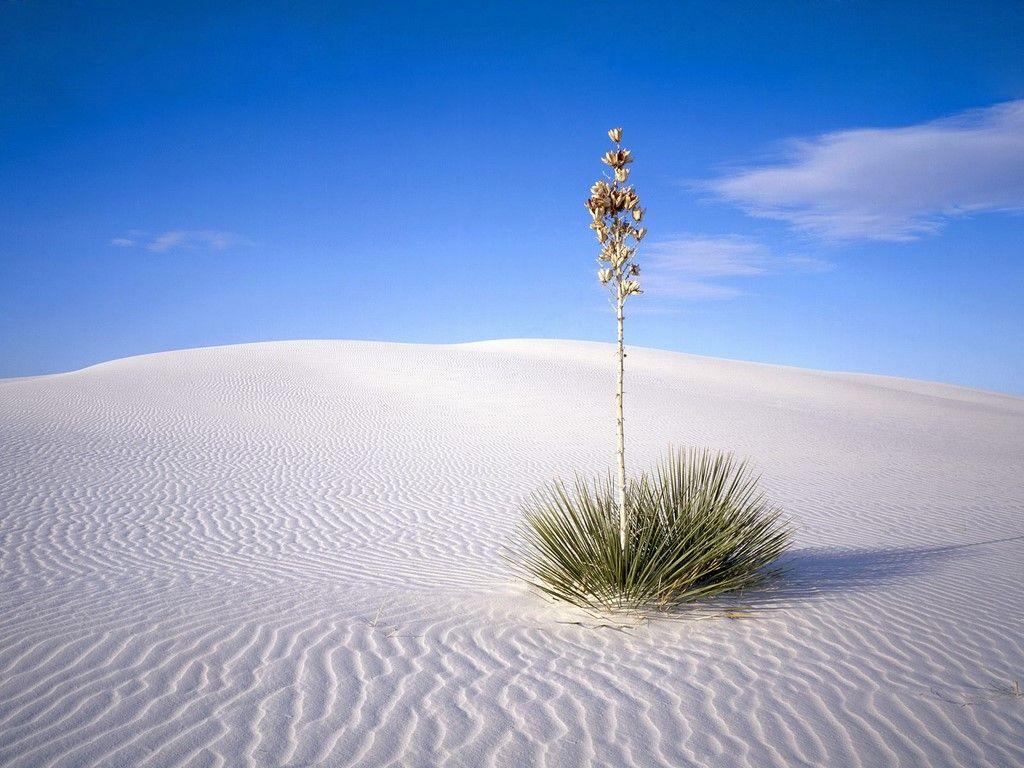
Source: enlaceweb.net
The dunes of gypsum that help compensate White Sands Historic Site look like candy, but they’re not. The grains brush against one another, causing scratches that mirror the sun and give off an appearance of being white.
35. You'll Be Surprised By The Willis Tower Motivation
Location: Chicago, Illinois
This tower is breathtakingly beautiful, but the source of inspiration for the designers will come as a shock to many.
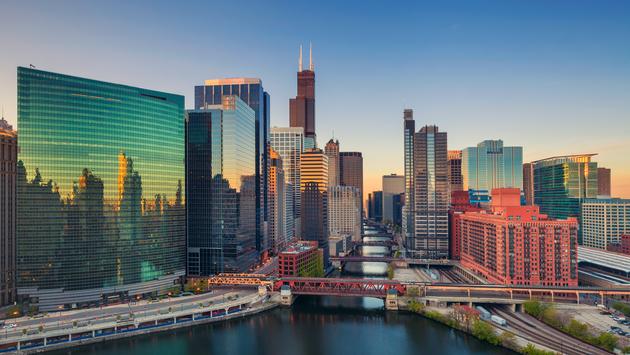
(photo via RudyBalasko/iStock/Getty Images Plus)
The architects are said to be partly influenced by cigarettes—specifically, many of them protruding at various heights from a pack—while contemplating the designs for the Sears Tower (as it had been identified to many of us until 2009).
36. You Can Watch "Fire" Falling Down El Capitan's Side
Location: Yosemite National Park, California
This is an image that no amount of high pixel cameras can capture well enough. The beauty has to be experienced in person at El Capitan
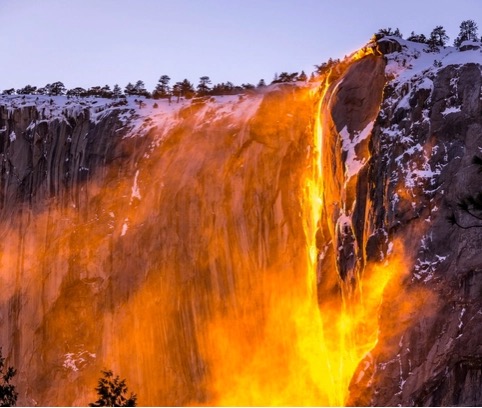
Photo: Paul Seibert
Every year in late February, Yosemite’s most beloved rock formation hosts a fiery festival. Visitors will see a “Firefall” cascading down El Cap at this time of year, which is caused by the sunset drizzling its orange hue on the waterfall, which cascades over the rock’s summit.
37. What Record Does St. Louis Cathedral Hold?
Location: New Orleans, Louisiana
Whether you are looking at St Louis Cathedral up close and personal or from a distance, it’s captivating and is a major landmark.
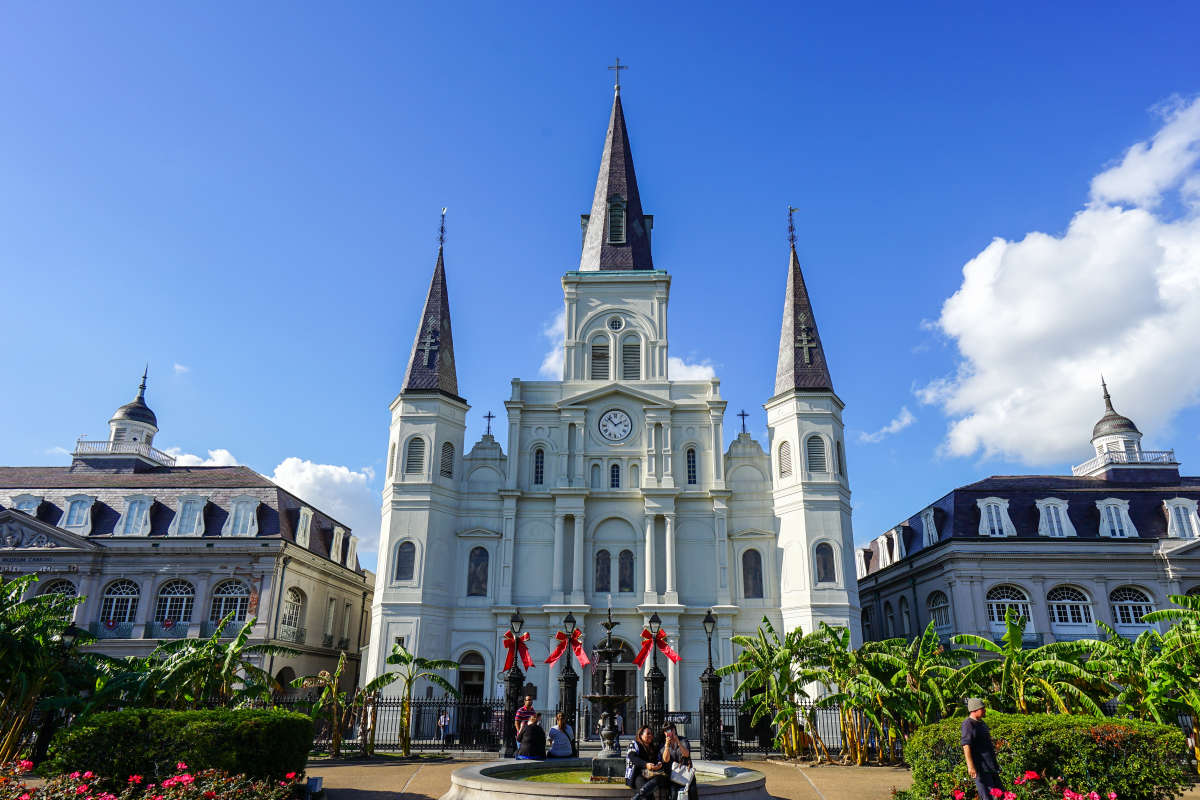
Source: Visit New Orleans
However, St. Louis Cathedral is more than just a landmark of New Orleans; it is also the country’s oldest continuously operating Roman Catholic church. It is officially a Cathedral-Basilica, having earned the designation following a visit by Pope John Paul II.
38. Welcome To Las Vegas Is Not Just A Sign
Location: Las Vegas, Nevada
They say what happens in Vegas is supposed to stay there, but we’ll let you in on one little secret; there is more to the welcome sign than meets the eye.
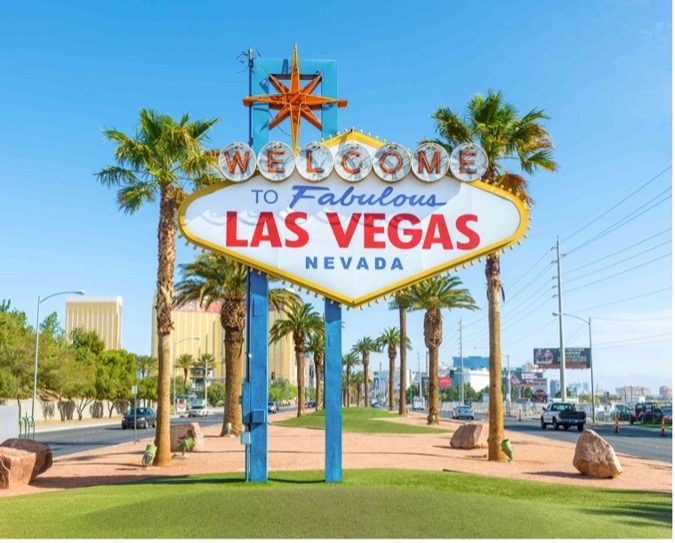
Source: Chris Hepburn/Getty Images
This icon on the periphery of The Strip, which has been greeting tourists to Sin City as of 1959 and also pays homage to the state of Nevada, is one of the city’s most enduring landmarks. The word “welcome” is surrounded by seven silver dollars. They are supposed to pay homage to Nevada, which is the Silver State.
39. The Pier One Officially Completes Route 66
Location: Santa Monica, California
While Route 66 has its own story, Santa Monica ends that story and begins its own for cross-country travelers using that route.
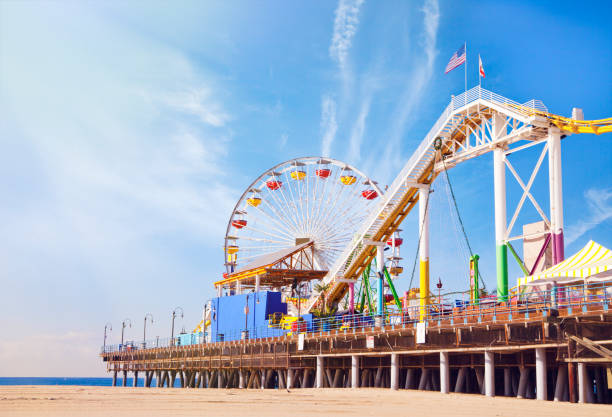
Source: hellomillbrae.com
The Santa Monica Pier is not only a playland of thoroughly modern Californian beachside fun, though it’s where Route 66 officially ends. Indeed, nearly every single day, you’ll see someone taking a selfie after completing the incredible cross country journey.
40. Biltmore Estate Creating Both Wines and Records
Location: Asheville, North Carolina
If you’re a true wine lover, then you must be familiar with the Biltmore Estate and have been yearning to Take a wine-tasting trip there.
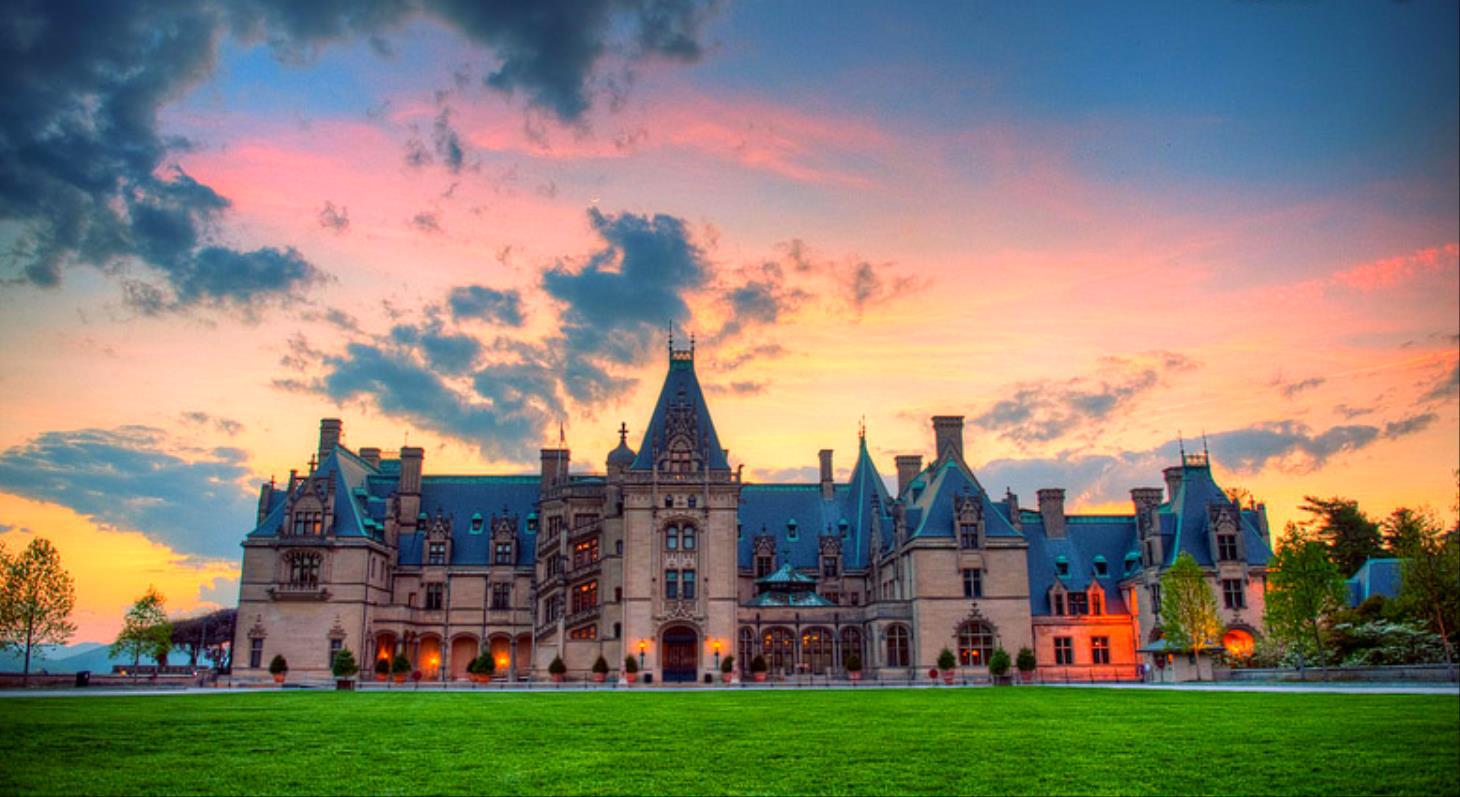
Source: wallpaperpulse.com
The French chateau-inspired Biltmore Estate might just be the country’s biggest private home, but it isn’t the sole record holder on the estate. The Biltmore Estate winemaker is the most popular in the United States, with more than 500 thousand guests on a typical basis.
